“The body says what words cannot.”
– Martha Graham
“It’s an instrument! You’re sitting at a goddamn grand piano and thinking because it has pedals that it must be a car!?”
– Isa
Here, in Bodies, will we break down our foundation, our core, and the accompanying ensemble of titanic Humans and miniature gods into some of their most fundamental aspects.

SENA Paek – the core (yin)
Our crime of the heart, our crime of heaviness.
Hailing from the suburbs of Niles, Chicago, Sena has assumed the duty of Atlas from a young age, believing that the more she holds, the easier it becomes for everyone else. So she takes on all she can, doing labor that is not hers to do and swallowing the lie that there is some nobility in the burden itself, even as it slowly crushes her all the while.
When we meet Sena, she is locked away behind vast emotional barriers which shields her from the pain of her collapsed relationship with Quinn and more imperatively, the all-consuming grief of her brother’s death. And while these structures were erected to preserve her, they isolate her just as well, disconnecting her not only from the world and the present moment, but herself. But it is that nothing lasts forever and as we witness the demands of her career and life at large gradually mount in pressure, the foundations of her psychic walls will inevitably fracture and collapse, allowing what lies on the other side to burst through. In these moments Sena will be swept helplessly along by the ensuing flood and thrust completely into the overwhelming present, forced to fight not just for survival, but life itself.
When these floods abate, she will find herself in the aftermath of radical action, the results of which will either further lead to moments of self-discovery or self-destruction. But whether by swimming or by drowning, her story lies in learning to navigate the Motion found within these raging waters.
Over time, we will watch this grief pass through her and, as it tapers, we will discover how it is that the most bitter of soils tend to also be the most fertile.
QUINN Martin – the core (yang)
Our crime of the head, our crime of lightness.
Quinn eats too much candy, laughs too loud, and drifts too far away from the world and those in it. Viewing exertion as a form of weakness, she chooses to rely on her own natural talent and a semi-accurate understanding of the political workings of the company to pursue success. And while there is some truth to these beliefs, there are larger lies that overshadow them and a more total fear of vulnerability that runs underneath. Stuck between the two, she will gradually come to realize that she is trapped and unable to Move any closer towards the greatness she so desperately seems to seek.
In the pilot it is implied that she was unsuccessful in the competition of seeking Lyra’s favor. We will come to learn the extent of this truth, discovering how this loss was not only absolute, but only the beginning. As Quinn slowly discovers how her understandings and self-image have been rooted in fiction more than fact, she will spiral further and further downwards. It is when the soles of her feet finally touch rock bottom that she will find a coin with fear and love etched onto either side. Not long after she will face a fork in her road and flip it to decide which path to take. As it hangs there, spinning in the air, she will realize how little the result actually matters.
Quinn is, in so many ways, our hero. And while she would be the first to tell you that she would give you all the wrong reasons as to why that is actually the case.

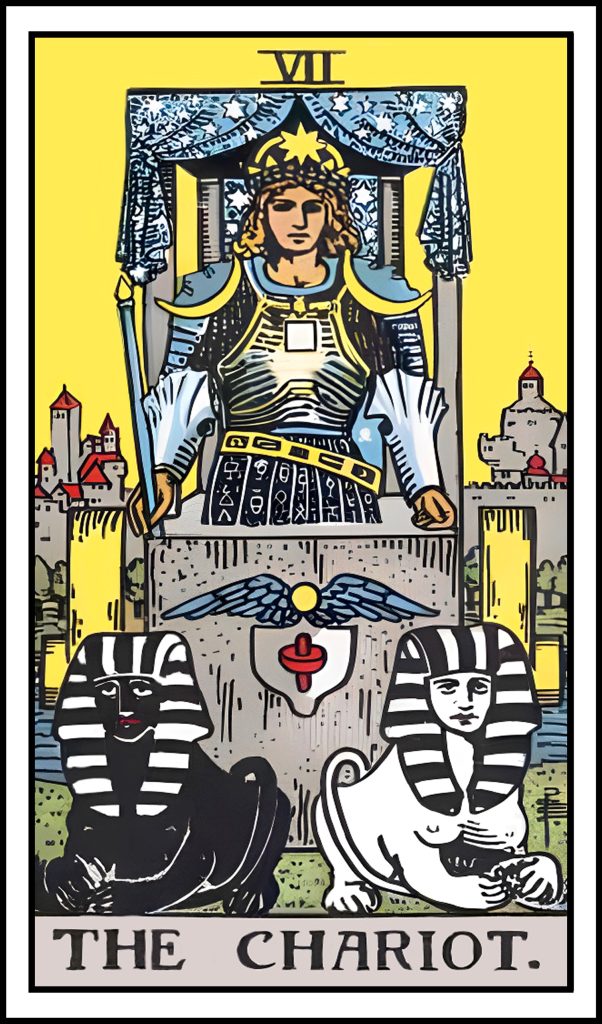
Wolf Street – the foundation
The setting for pursuit, politics, and the overarching games being played within Motion. Founded some 50-odd years ago by Robert Kurvitz, the Chicago-based dance company has always attained, through hard-work, luck, and talent, a reputation as a premiere hub of dance, garnering not just a number of national accolades but, in its best years, international recognition as well. However, whether by maintaining or pursuing, success is a tricky business and its road is uneven, precarious and, above all, unrelenting.
We meet Wolf Street in the throes of a looming existential crisis. Over the course of the first season, as its pressures trickle down through the institution’s structure and settle onto the dancers of the corps, we will silently discover the symptoms of this crisis through layoffs, furtive actions by leadership, and other larger structural shakeups. The proper diagnosis and treatment plan will be more explicitly explored in Time but as that will be then and this is still now, let us focus the present moment on the larger ensemble of Motion, beginning with…
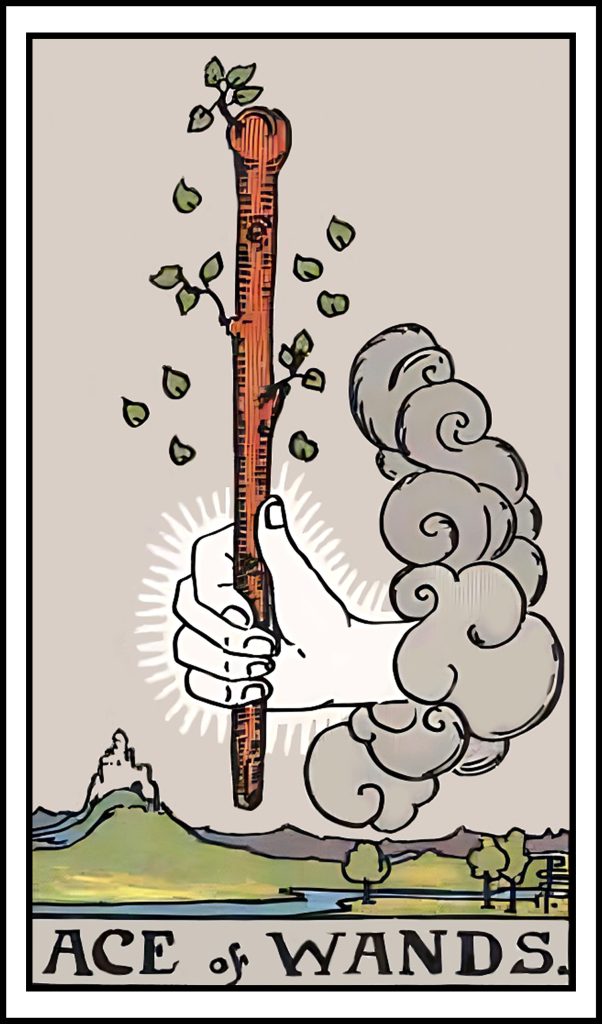
THE MOVERS
Those who dance. Through Wolf Street’s corps will we define our understandings of pursuit, greatness, self-realization, self-actualization, and love.
Where there is a heartbeat there is a rhythm.
FLORA
Although dance is a vehicle deeply intertwined with many different facets of the Human, one of its most common and consistent avenues of connection can be found within one of our most timeless appetites, that of spiritual expression. Whether it is from the Yoruba of West Africa, the Greeks of Eleusis, the tribes of early America, or the Buddhists of modern day, across all time and space, it is constantly observed that where there is worship, dance is not far behind.
While Flora is the singular embodiment of this curious relationship, within Motion her connection to spirituality is defined by that of its complexity. Embedded into the depths of her psyche, Flora’s spirituality is a weapon as much as it is a shield, an opportunity to escape as much as an opportunity for salvation. Using it to weather the difficulties and chaos found within the immediate world, Flora takes shelter in her steadfast belief of the divine one.
However, as she does not yet know what exactly defines that latter world, believing only in certain aspects of organized religions more than any particular whole, Flora will explore her definition over the course of the first season and series at large.
In our final season, we will confront her tendency to avert her gaze away from the simple truth that not everything makes sense and how to deny even that fact is to deny something essential to the Human experience.
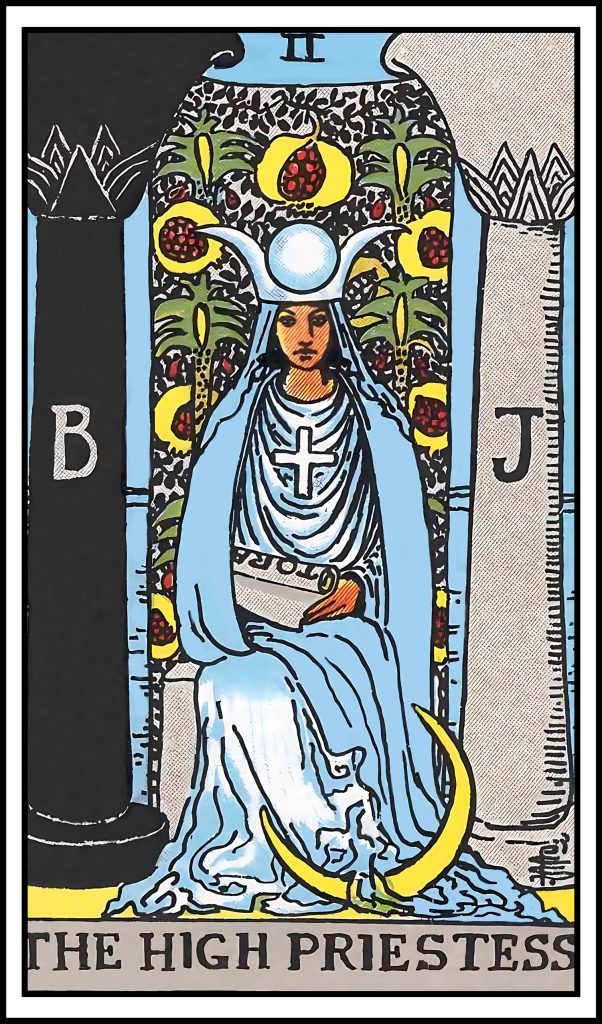
BAILEY
While dance, as stated above, is many things, it is also true that it is not many others, most notably, a stable career path. Between paychecks with not enough zeros, extreme internal and external competition, the constant fear of injury, and the eternal awareness of one’s slowly aging body, Bailey has been slowly steeping in anxious agitation for quite some time.
While he is an all around solid dancer with a genuine respect and passion for the craft, he is vaguely aware of the fact that the pursuit of dance is not only a privilege, but one that doesn’t necessarily bring happiness, at least as he imagines it. However, as that thought is still shrouded deep within the murky waters of his subconscious, he still has yet to even fully realize his own dissatisfaction let alone its source.
This complexity lies at the root of his friendship with Quinn where, in exchange for having largely ignored all of the ways in which she can be cruel with her distance, he has been able to derive some vicarious satisfaction through her own successes and general pursuit. However, as Quinn spirals downwards throughout our first season, Bailey will be removed from this dynamic and forced to encounter all that which he has been trying to ignore.
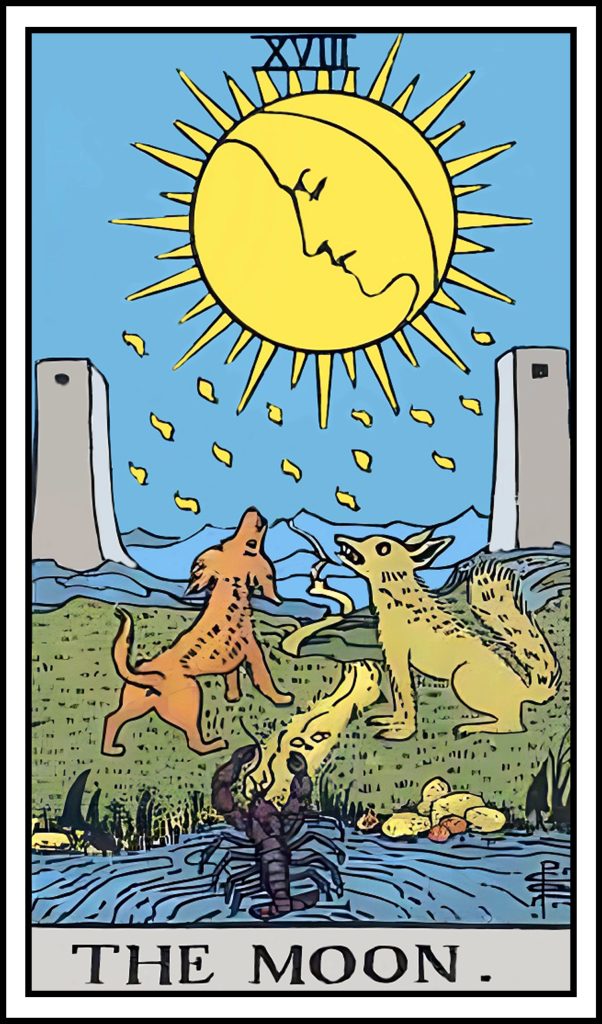
ANDREA
Heavy is the head that wears the crown and Andrea’s head has borne its weight for nigh on a decade now. However, while she once carried it with an almost effortless grace, she has quietly noted how, as her body ages, so too does the crown’s weight seem to increase. But reluctant to let go of it so easily, Andrea’s story is centered around the clinging. Over our first season, it will be through her that we come to understand what it takes to carry success and what it means to give it up.
Over the course of the series Andrea will stretch her branches out more fully into the other facets of dance and not only relearn that which she thought she knew, but also come to understand that the fear to every end is simply that of the unknown, new beginning.
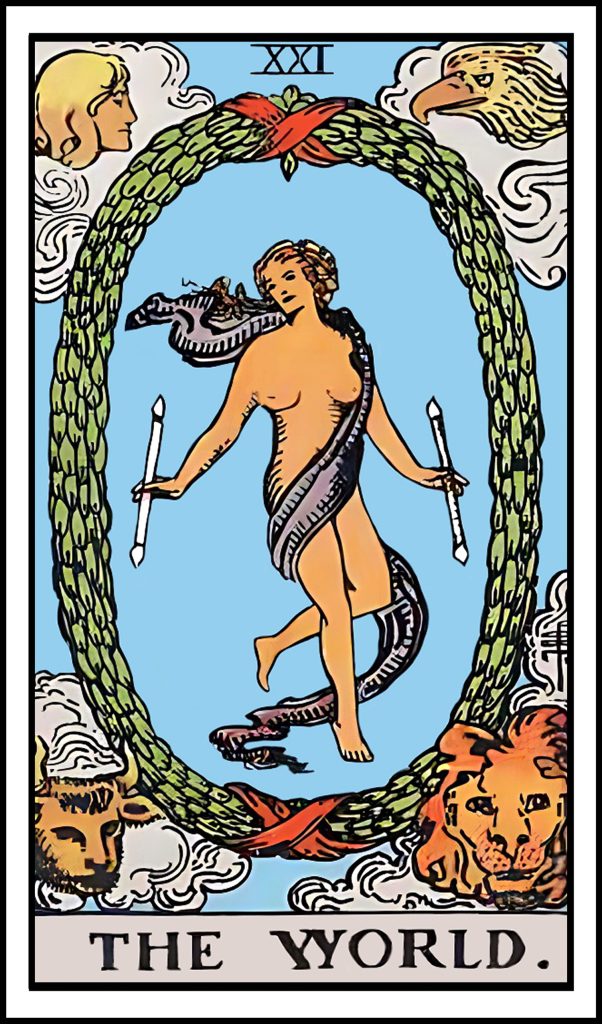
LOUIS
Louis moves as the sun does, confident and with the knowledge that the world revolves around him. On what level he is aware of the limitations of his own humanity is a matter of debate and one he will certainly not engage in, at least as an unbiased participant. To him, Wolf Street is his kingdom and the denizens that inhabit it are simply not yet aware that it has already been conquered. Whether this is all a stubborn, intentional manifestation of success or not, his excellence in Motion does seem to have an air of almost divine providence.
While only half-meaning to, this combination of self-assurance and raw ability will singe those around him with a kind of light antagonism, challenging each person to respond in some way.
Over the course of the series, Louis will learn the importance of softness and the fact that light shines across not just one spectrum, but many.
Before every major performance, Louis can be found vomiting in the bathroom.
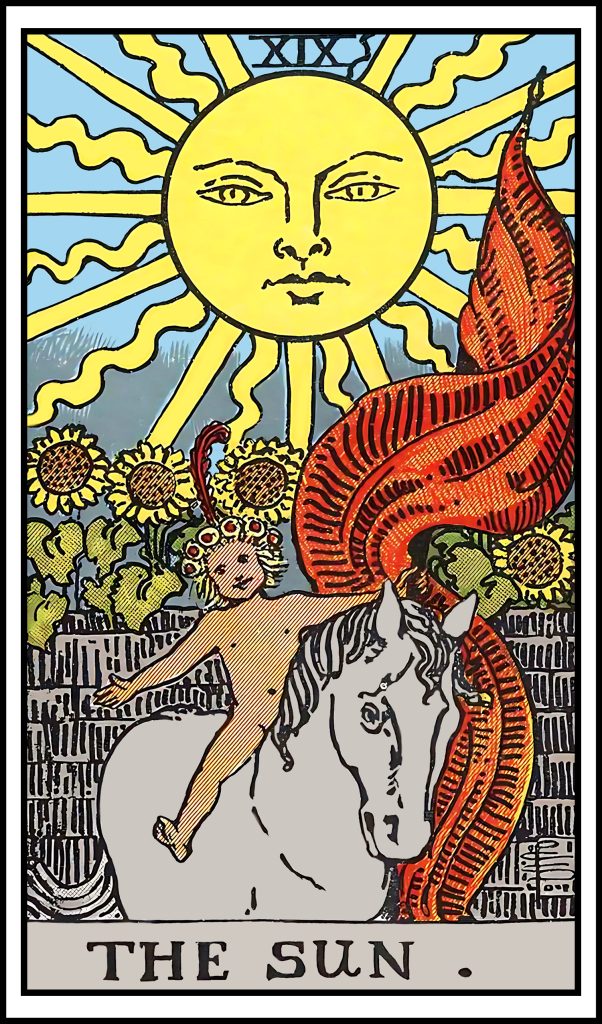
MIA
Too aware of the fact that she is unaware, Mia, as the newest to Wolf Street, is still finding her footing in the brave new world of company politics, professional dance, and adulthood. While her life at the company has caused her to lament the fact that the twilight hour of her youth has come, she is grateful that it has not yet passed and, as such, derives a special kind of desperate, final pleasure with her nights spent out on the town, drinking, partying, and engaging in all the general debauchery native to the young.
During the workday, she is cowed into fear by everyone else’s seniority, and will largely be a self-conscious and occasionally hungover bundle of nerves across our first season. However, as the series progresses and Mia navigates the night of her young adulthood, inevitably arriving at the dewy morning thereafter, we will find her plasticity and potential to border on that of the frightening.
Through her we will discover that, more than a mindset, youth is an appetite.
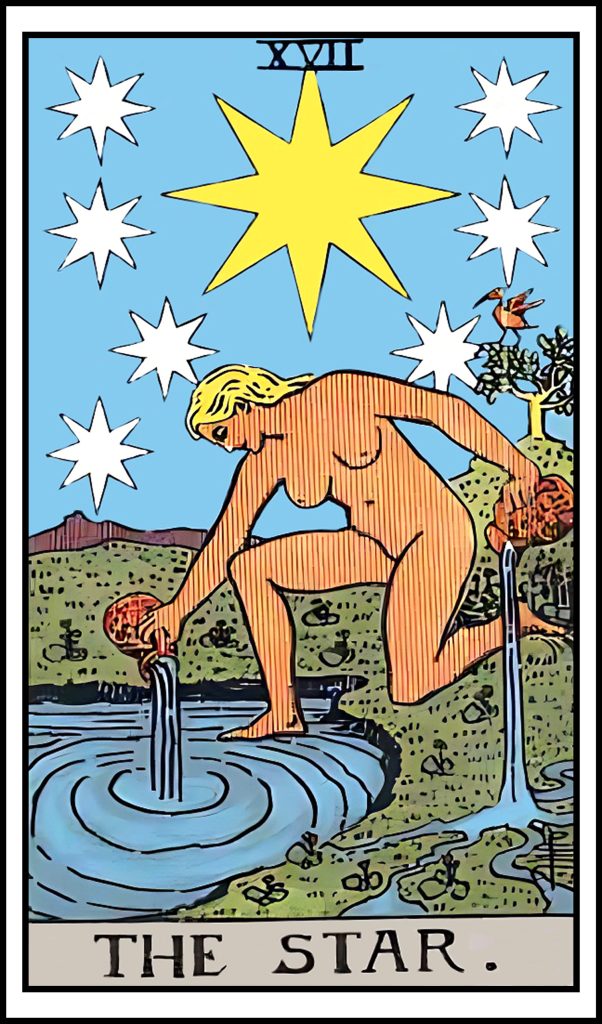
MATAN
An exchange member from the Batsheva dance company, Matan carries the heavy question of home on his shoulders. Aware of the fact that his time in Wolf Street comes with an expiration date, he is doing all he can to make the most of his life in the present moment. He strives to learn all he can, experience all he is able (within the limits of his values), and endeavors to be the best he can be in every moment he can be it. What he is still trying to figure out, however, is who is he doing this all for?
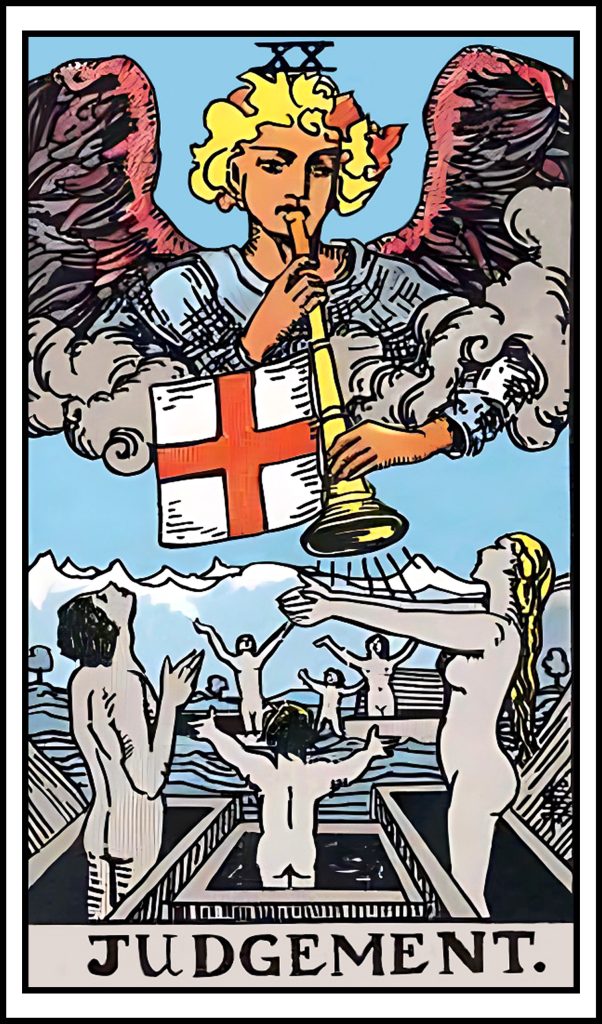
KETUGAY (KET)
Ket, a second-generation Senegalese-American, approaches her work thoughtfully and with great pragmatism. The expectations she sets for herself are high and just far enough away that she must always be reaching. In a state of constant and continuous improvement, she works hard and believes that, eventually, it will lead to her likeness etched somewhere within the halls of greatness.
Ultimately, she will realize that not all are bestowed with talent and while this will break her, it is through that breaking that she will be able to pick up the pieces in Motion’s second season and discover that she can assemble them into something more than what was there before.
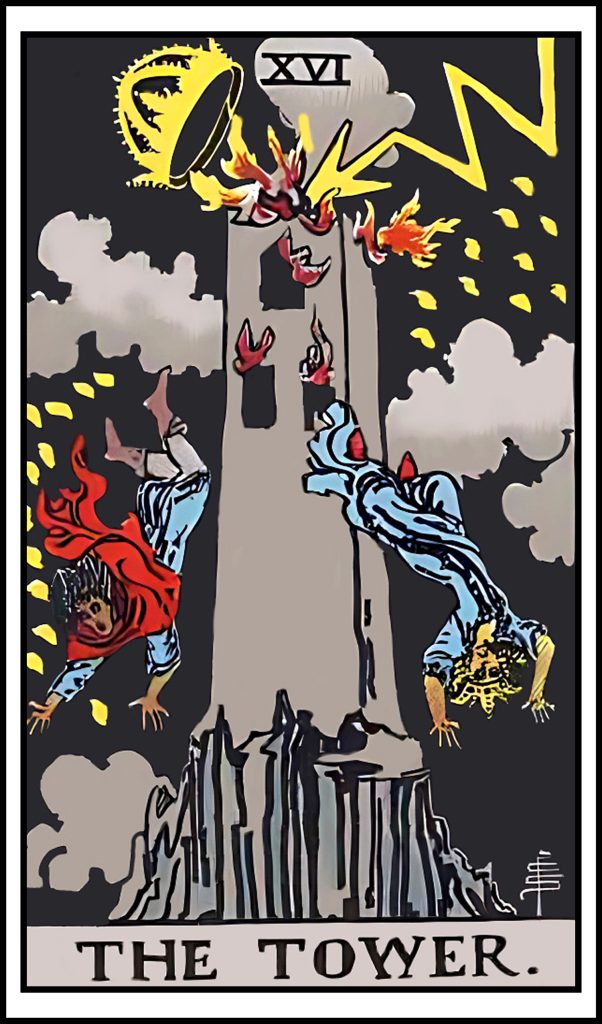
FLORA
Although dance is a vehicle deeply intertwined with many different facets of the Human, one of its most common and consistent avenues of connection can be found within one of our most timeless appetites, that of spiritual expression. Whether it is from the Yoruba of West Africa, the Greeks of Eleusis, the tribes of early America, or the Buddhists of modern day, across all time and space, it is constantly observed that where there is worship, dance is not far behind.
While Flora is the singular embodiment of this curious relationship, within Motion her connection to spirituality is defined by that of its complexity. Embedded into the depths of her psyche, Flora’s spirituality is a weapon as much as it is a shield, an opportunity to escape as much as an opportunity for salvation. Using it to weather the difficulties and chaos found within the immediate world, Flora takes shelter in her steadfast belief of the divine one.
However, as she does not yet know what exactly defines that latter world, believing only in certain aspects of organized religions more than any particular whole, Flora will explore her definition over the course of the first season and series at large.
In our final season, we will confront her tendency to avert her gaze away from the simple truth that not everything makes sense and how to deny even that fact is to deny something essential to the Human experience.

BAILEY
While dance, as stated above, is many things, it is also true that it is not many others, most notably, a stable career path. Between paychecks with not enough zeros, extreme internal and external competition, the constant fear of injury, and the eternal awareness of one’s slowly aging body, Bailey has been slowly steeping in anxious agitation for quite some time.
While he is an all around solid dancer with a genuine respect and passion for the craft, he is vaguely aware of the fact that the pursuit of dance is not only a privilege, but one that doesn’t necessarily bring happiness, at least as he imagines it. However, as that thought is still shrouded deep within the murky waters of his subconscious, he still has yet to even fully realize his own dissatisfaction let alone its source.
This complexity lies at the root of his friendship with Quinn where, in exchange for having largely ignored all of the ways in which she can be cruel with her distance, he has been able to derive some vicarious satisfaction through her own successes and general pursuit. However, as Quinn spirals downwards throughout our first season, Bailey will be removed from this dynamic and forced to encounter all that which he has been trying to ignore.

ANDREA
Heavy is the head that wears the crown and Andrea’s head has borne its weight for nigh on a decade now. However, while she once carried it with an almost effortless grace, she has quietly noted how, as her body ages, so too does the crown’s weight seem to increase. But reluctant to let go of it so easily, Andrea’s story is centered around the clinging. Over our first season, it will be through her that we come to understand what it takes to carry success and what it means to give it up.
Over the course of the series Andrea will stretch her branches out more fully into the other facets of dance and not only relearn that which she thought she knew, but also come to understand that the fear to every end is simply that of the unknown, new beginning.

LOUIS
Louis moves as the sun does, confident and with the knowledge that the world revolves around him. On what level he is aware of the limitations of his own humanity is a matter of debate and one he will certainly not engage in, at least as an unbiased participant. To him, Wolf Street is his kingdom and the denizens that inhabit it are simply not yet aware that it has already been conquered. Whether this is all a stubborn, intentional manifestation of success or not, his excellence in Motion does seem to have an air of almost divine providence.
While only half-meaning to, this combination of self-assurance and raw ability will singe those around him with a kind of light antagonism, challenging each person to respond in some way.
Over the course of the series, Louis will learn the importance of softness and the fact that light shines across not just one spectrum, but many.
Before every major performance, Louis can be found vomiting in the bathroom.

MIA
Too aware of the fact that she is unaware, Mia, as the newest to Wolf Street, is still finding her footing in the brave new world of company politics, professional dance, and adulthood. While her life at the company has caused her to lament the fact that the twilight hour of her youth has come, she is grateful that it has not yet passed and, as such, derives a special kind of desperate, final pleasure with her nights spent out on the town, drinking, partying, and engaging in all the general debauchery native to the young.
During the workday, she is cowed into fear by everyone else’s seniority, and will largely be a self-conscious and occasionally hungover bundle of nerves across our first season. However, as the series progresses and Mia navigates the night of her young adulthood, inevitably arriving at the dewy morning thereafter, we will find her plasticity and potential to border on that of the frightening.
Through her we will discover that, more than a mindset, youth is an appetite.

MATAN
An exchange member from the Batsheva dance company, Matan carries the heavy question of home on his shoulders. Aware of the fact that his time in Wolf Street comes with an expiration date, he is doing all he can to make the most of his life in the present moment. He strives to learn all he can, experience all he is able (within the limits of his values), and endeavors to be the best he can be in every moment he can be it. What he is still trying to figure out, however, is who is he doing this all for?

KETUGAY (KET)
Ket, a second-generation Senegalese-American, approaches her work thoughtfully and with great pragmatism. The expectations she sets for herself are high and just far enough away that she must always be reaching. In a state of constant and continuous improvement, she works hard and believes that, eventually, it will lead to her likeness etched somewhere within the halls of greatness.
Ultimately, she will realize that not all are bestowed with talent and while this will break her, it is through that breaking that she will be able to pick up the pieces in Motion’s second season and discover that she can assemble them into something more than what was there before.
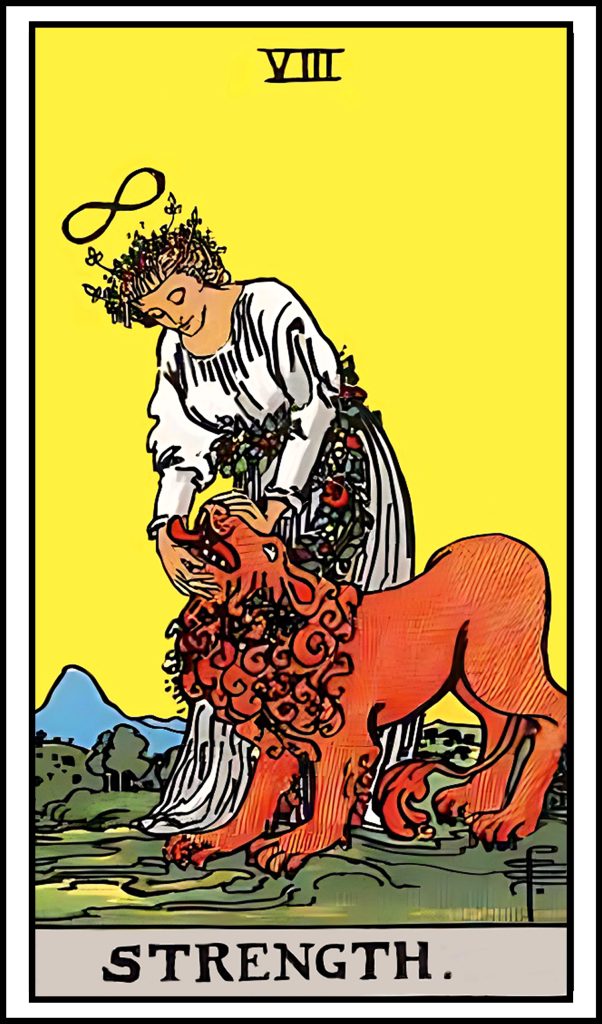
tiff
As one weaves their own way across the wide tapestry of life, sooner or later they are likely to encounter a specific type of person, a kind of individual who doesn’t flow through the world as much as the world seems to flow through them. Such people, when you are fortunate enough to be caught in their gravity, are able to somehow leave you with the faint sense that, even for just a moment, somehow you were a secondary character in your own life.
Blessed with a majority of the cornerstones of success: confidence, talent, work ethic, and, above all, the instinct and ability to be decisive, Tiff has no problem knocking down the walls that might take others months, years, or even lifetimes to chisel away at. However, while she can move seamlessly and uninhibited across the peaks of the world, she still looks down and feels a wriggling, faint sense of dissatisfaction.
On loan to another company in New York, she will be absent for the first season but appear in the second.
Tiff is a question of where. As she becomes one of the first to depart Wolf Street in our third season, her decision to leave will hang over those who remain, daring any brave enough to follow in her footsteps.
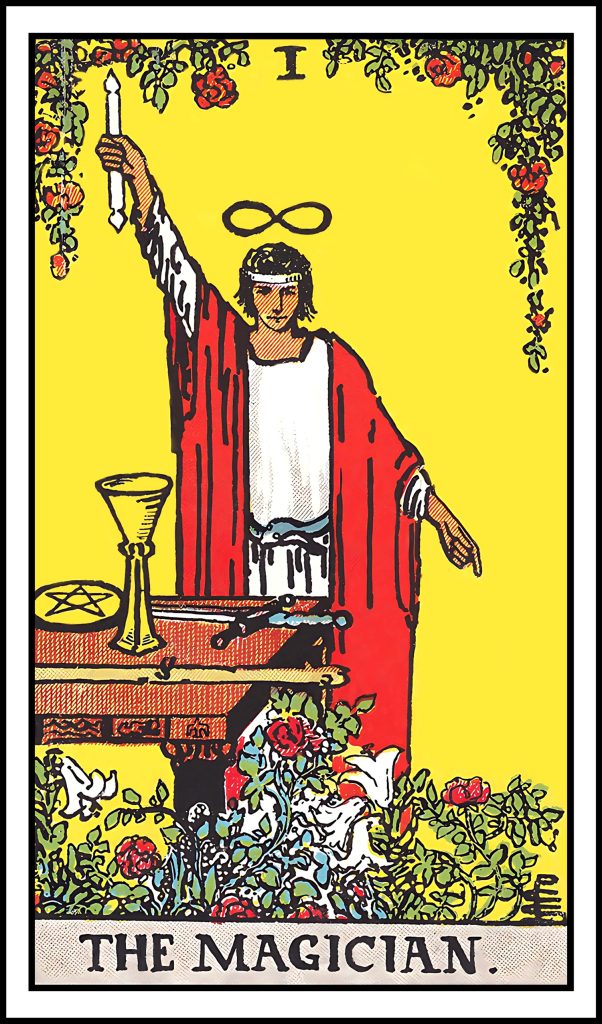
b company
Debuting in the third season, Wolf Street will take on a second string. Rife with the passion and pitfalls of youth, this freshly formed corps will reflect, learn from, play with, and above all, challenge the crucial aspects of those we have known and familiarized ourselves with until that point.
As many of the dancers within will be at the beginning of their own lives and professional careers, they will naturally encounter questions that we will already have explored, however, set against the growth of our main cast, we will now be able to see these questions in new lights. It is through this additional layering of perspective that we will be able to expand on the initial answers, exploring the layers of depth within them.
Ultimately, we will find that more than any single answer, it is the questions themselves that are most important.
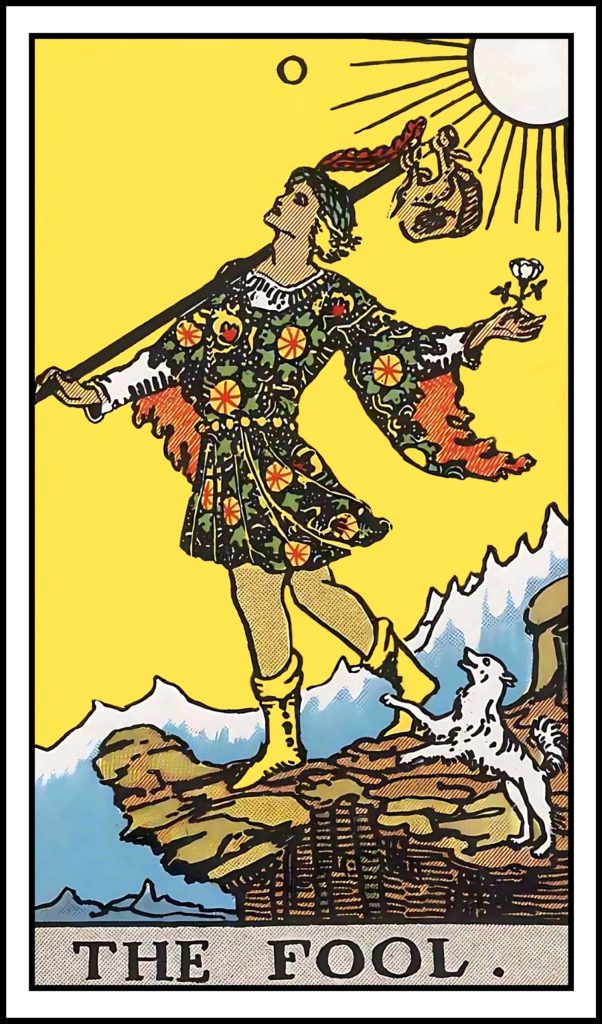
RYAN
Given the general patriarchal structure that has dominated the larger global landscape, it is odd to imagine men as an under-served demographic in any system. However, in the world of dance, a setting that tends to challenge the more traditional interpretations of masculinity, that is nevertheless the case. As a minority, the male dancer is generally insulated from the intensities of pressure and competition that is more common to their female counterparts. If they miss a step they can be given clemency, if they are out of sync they can be given grace. So while it is true that a male dancer is rare, it is an even rarer occurrence for one to be cut due to a matter of skill. For one to run the rope out on the natural mercy that is given to their position as an endangered species, one must be consistently inadequate or the company must be in turmoil. In Ryan’s case it is both.
A dancer of middling ability, Ryan is the first but certainly not last corps member sentenced to the chopping block. As we first meet our characters in the pilot, his absence, and its implied portent of what is to come, looms over the corps at large. As we progress through the first season and the axe continues to fall on others, his memory shall be quickly buried and forgotten alongside the rest of those who are to be doomed to the past tense.
However, as we begin to explore the larger dance world that exists outside of Wolf Street in our later seasons, Ryan will reappear briefly from an external position. While he won’t inspire anyone to follow him down his exact path of clown acro, his illumination of yet another road to the outside world will serve as a source of fuel that inspires some of our Movers to leap.
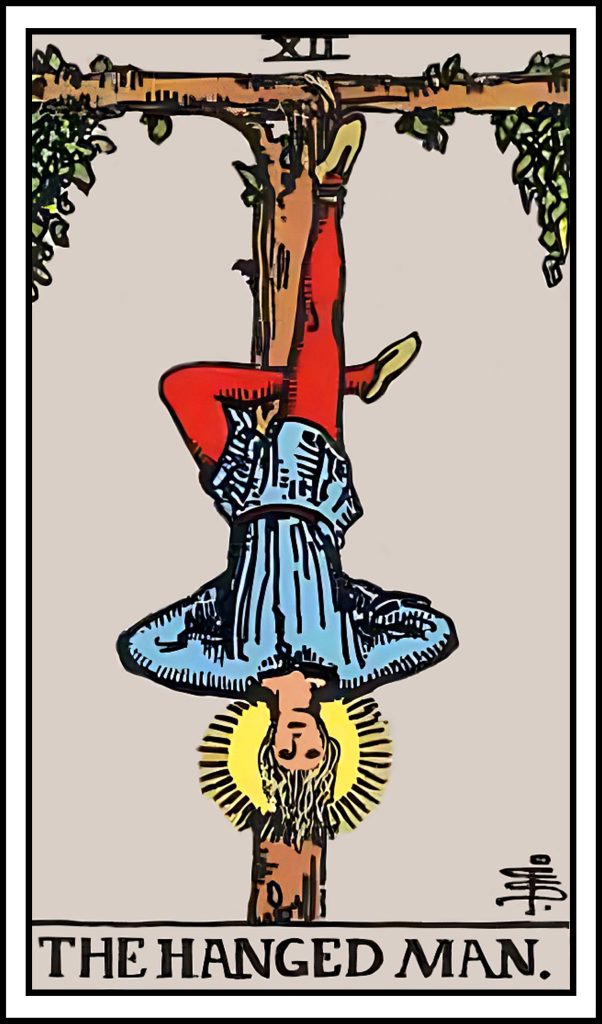
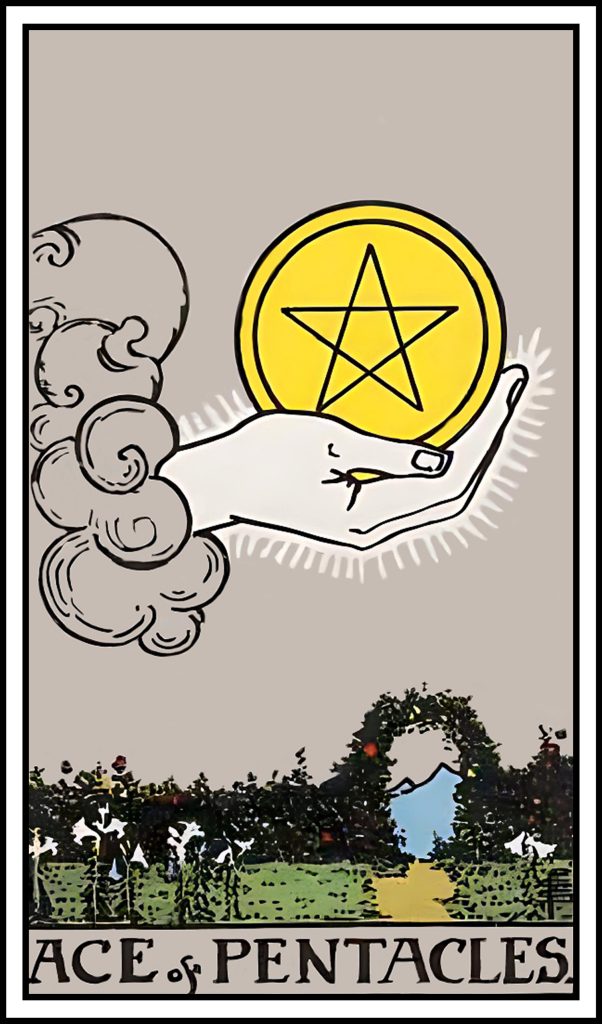
THE SHAKERS
The ones who call the tune. Through Wolf Street’s political forces will we explore the nature of larger political structures, the act of creation, and the definition of value.
The strings of the world are invisible and bigger than our hands but they can be plucked and played all the same.
peter callison – CREATIVE DIRECTOR
A company man through and through, Peter is the longest standing member of Wolf Street and has been with the company for soon-to-be 25 years. He wears the dedication of his time spent in service as a general wears their medals, with a jutting chest and a marshal sort of pride. Due to his unquestioning devotion to the company and complete admiration of the man who started it, he believes that, without any shadow of a doubt, he is the person most aware and capable of how to steer Wolf Street to where it needs to go. It is also true that he is somewhat responsible for Wolf Street’s current predicament but that is neither here nor there and would also be ignoring the successes that he did bring to the company, no?
It is this steadfastness of belief, this stubborn rigidity, that will ultimately serve as his greatest foe. For while his roots are deep and his foundation sturdy, it is also true that the trees that can’t bend do other things instead.
In the second season, we will witness Peter be challenged by an up-and-coming artistic director hired by Robert and, subconsciously viewing Robert as a sort of father figure, he will take this hiring with all the despair of a great personal betrayal.
As a pedagogue, Peter preaches unrelenting dedication. Evangelizing the fact that every wall can be broken down provided one’s head is hard enough.
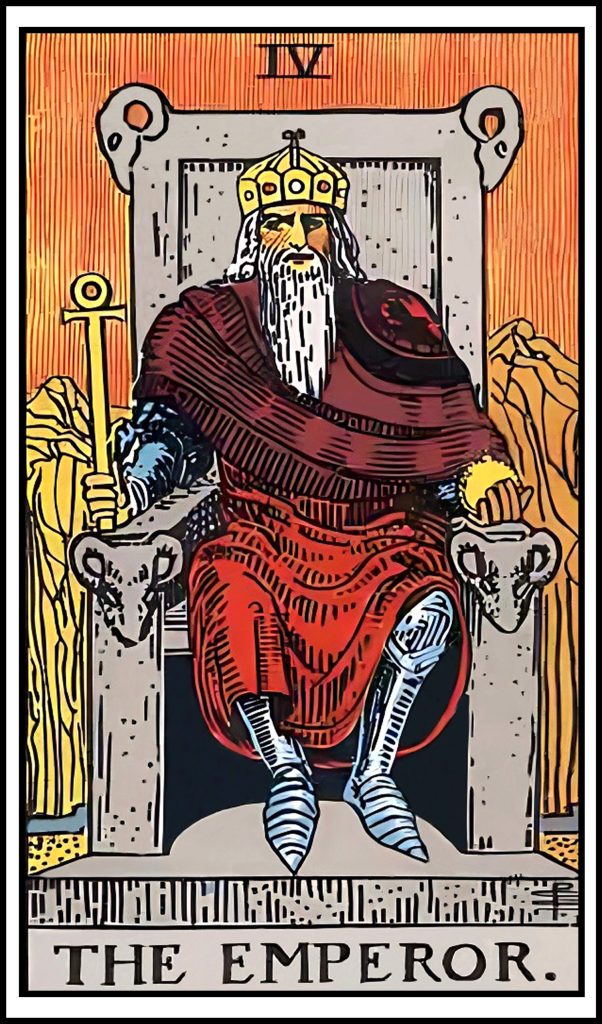
theo – senior rehearsal director
A romantic at heart, baby Theo danced before he could walk. Grateful to be pursuing a life spent immersed in what he loves, he does his best to savor every moment, living unabashedly and moving with reckless thankful abandon. While it is this same gratitude that lies at the font of his pain, subconsciously fearing that an acknowledgment of despair in any form is a spiting of all that is good, Theo has found a successful balance in the cultivation of simplicity. Desiring nothing more than to eliminate unnecessary complexities while being generally content with what he has, Theo is satisfied with his position at Wolf Street and takes pleasure in elevating the general elegance of both the pieces he stages and the dancers within them.
Using their favored mentees as proxies in their own miniature war, Theo will briefly clash with Lyra in the middle of our first season as they reconcile some fundamental differences in their beliefs of approach.
In the second season, as the struggle for succession of Wolf Street grows in intensity, Theo will become caught between a rock and a hard place as his desire for stability is challenged by the increasing pressure exerted upon him to pick a side of political power.
As a mentor, Theo highlights the value found in the act of relinquishment. There is power to be found in controlling the world, yes, but more importantly there is peace to be found within the act of allowing oneself to simply be a part of it.
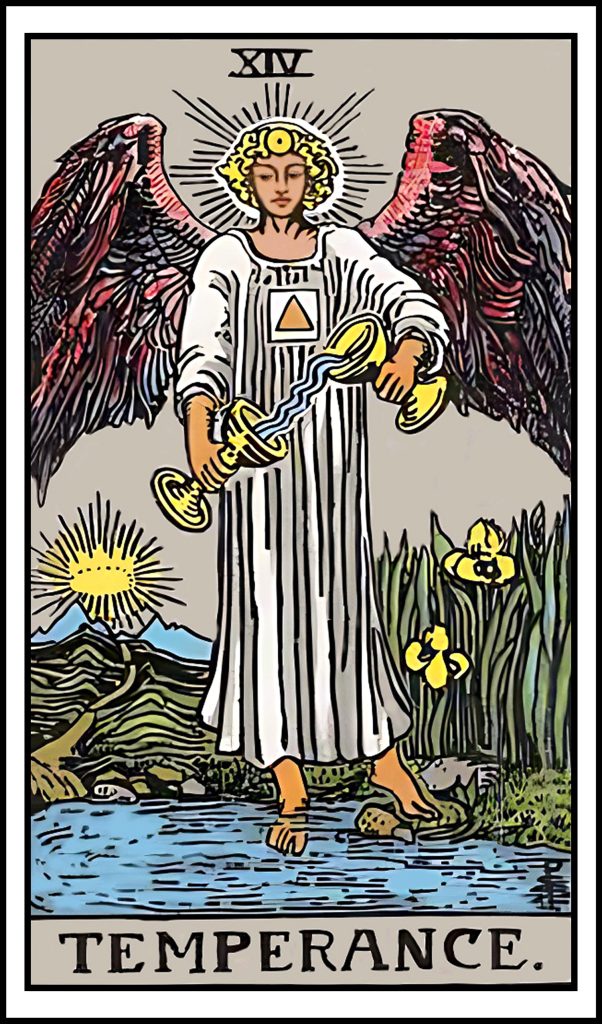
lyra – resident choreographer
Unless there is an intentional need for it, Lyra tries to avoid walking. In an ideal world her life would be skipping, trudging, stalking, clomping, or any other verb imaginable. While an excellent dancer, her most fundamental talent is that of a choreographer. She sees the leylines of the world and with the human body as the brush, is only interested in the curious endeavor of trying to capture or honor its faint outlines and silhouettes.
Having led a successful choreographic career from a relatively young age, she has staged her works around the world but, if asked, she’ll credit her success to the fact that she is ultimately unsuccessful. Feeling that every piece she has ever created is not as good as it either ‘needs’ to be or could have been, in these conversations she tends to cite one of her teacher’s statements which describe a particular kind of “divine dissatisfaction” within the work of it all.
Seeing potential within her, Lyra will take a special mentorship over Sena in the first season and cast her within the pieces she is in charge of.
Lyra is also deeply claustrophobic.
As an inspiration, Lyra offers access to reflection and connection. Giving voice to the truth that the most important work one can engage in is the learning of thyself and then after, the learning of what lies beyond.
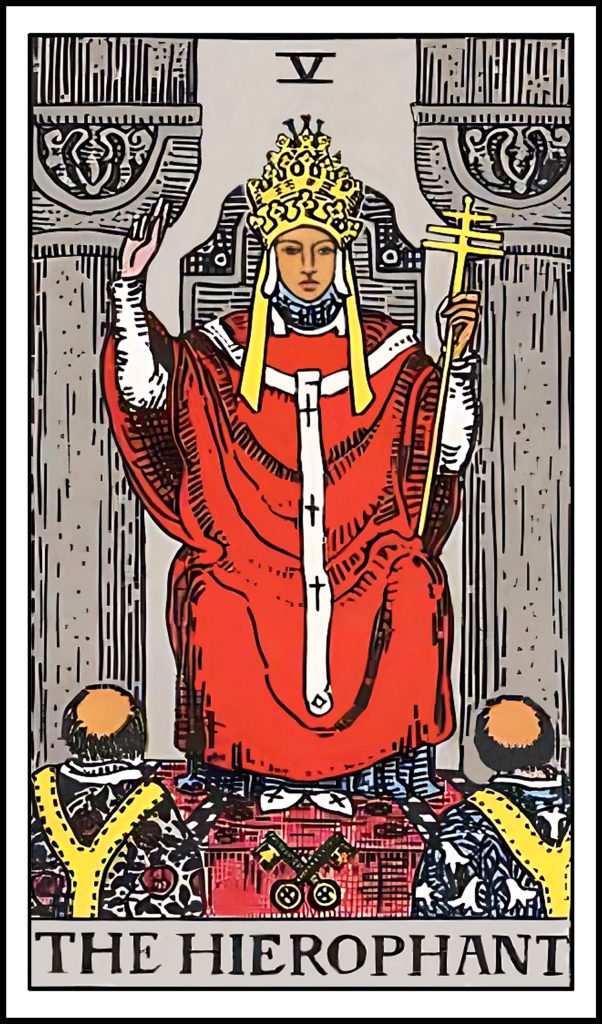
Isadora (isa)
Ancient and eternal, Isa’s strength has only waned physically and even then, not by much. If she has any say in the matter she will die on her feet and, even if she does keel over, it will only be because she has found it to be a more apt punctuation to some larger Motion within her life.
Unyielding in the way a survivalist tends to be and severe in the way a great tends to be, she is a pillar of the dance world. Including Lyra and Andrea, Isa’s tutelage is responsible for no small fraction of the ‘names’ that ring out within it. While all of those who learn from her initially fear her, sooner or later they all come to realize that, almost suddenly and all at once, their fear has somehow transformed into an equally ferocious sort of love.
Isa will stage one of her works at Wolf Street in the first season. Having been intrigued by a chance encounter with her in episode three and impressed by an audition that takes place later in the season, Isa will ultimately cast Quinn in the piece, taking her under her wing and teaching her how it is one can jump without necessarily needing to come back down.
As a force of nature, Isa instills ferocity and tranquility. That whether one moves with the wind or against it, they should be doing so with conviction, intention, and the entirety of their being.
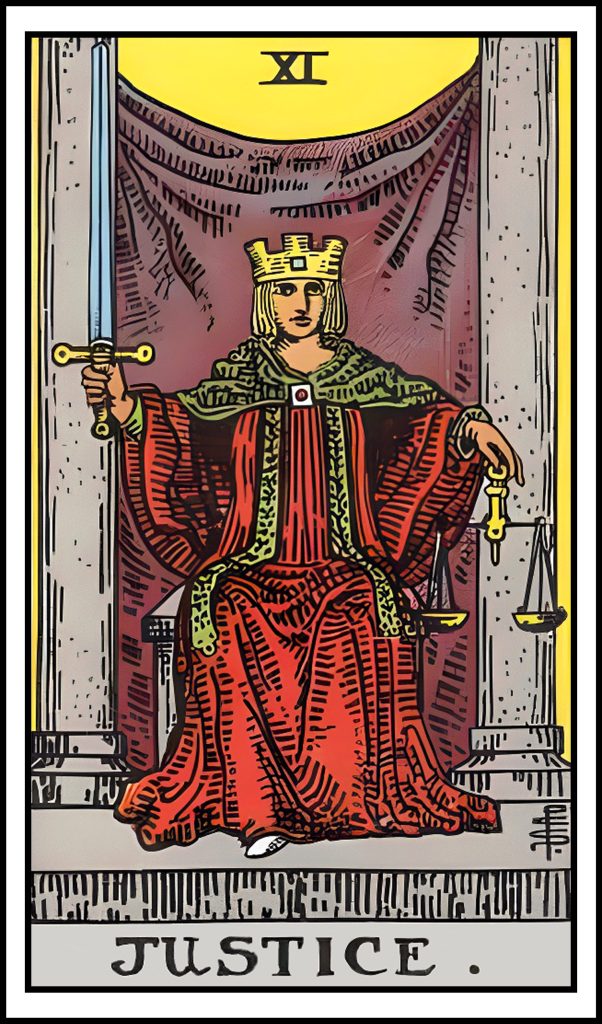
Vanita – rehearsal director
Vanita is soon to be married and soon to be killed (at least from Wolf Street). While her outlook on dance does not extend far beyond its surface, she brings a certain kind of radiance, providing her own light of kindness and joy into any room that attempts to contain her. While her end at Wolf Street will be tragic and clinical, at the end of our first season we will see that it was for the best and that she has already Moved on to something that is both more and her.
In some ways, she is the protagonist of a completely different show.
As a lesson of metaphysics, she will demonstrate firsthand the laws of attraction. Illustrating the reality that, despite the lines of the road one is on, one can’t help but still drift off and towards the direction of their vision.

robert kurvitz – founder
At least in the way that we tend to think of it, in gilded, capital letters that blaze across the landscapes of our mind, Robert was never destined for greatness. His providence was a quieter thing. Aware of his own limitations as a dancer but not as a person, he was blessed with the rare selfless kind of passion that was (and still is) able to galvanize those around him, not just stoking their own individual sparks into fires, but unifying them all into one single inferno. It was through this ability, and the direction derived from the sweeping scope of his vision, that Robert was able to create something bigger than himself and so it was that out of the humble Kurvitz Studio spaces was Wolf Street born.
While the company flourished under his leadership, he became aware of the fact that monuments to Humanity last longer than any individual’s statue and so, in the hopes of fostering a more successful future for Wolf Street, he made the decision to step down as executive director a decade and a half before our story officially begins. That is not to say he is gone, however. As he constantly proclaims, until he dies he will be alive. So it is that, content with the pace of his own Motion, he will periodically return to Wolf Street, bringing news or potential opportunities gleaned from his travels of the political spheres of Chicago and the dance world at large. And although he strives to remain generally hands off, with a slight chagrin he is still aware of the fact that the tidings he brings have a tendency to be interpreted with all the urgency of some kind of order or worse, mandate.
Throughout the first season we will see Robert only rarely but as the political games come into focus in later seasons, he will appear with increasing regularity.
As a Human, Robert offers love and love and love.
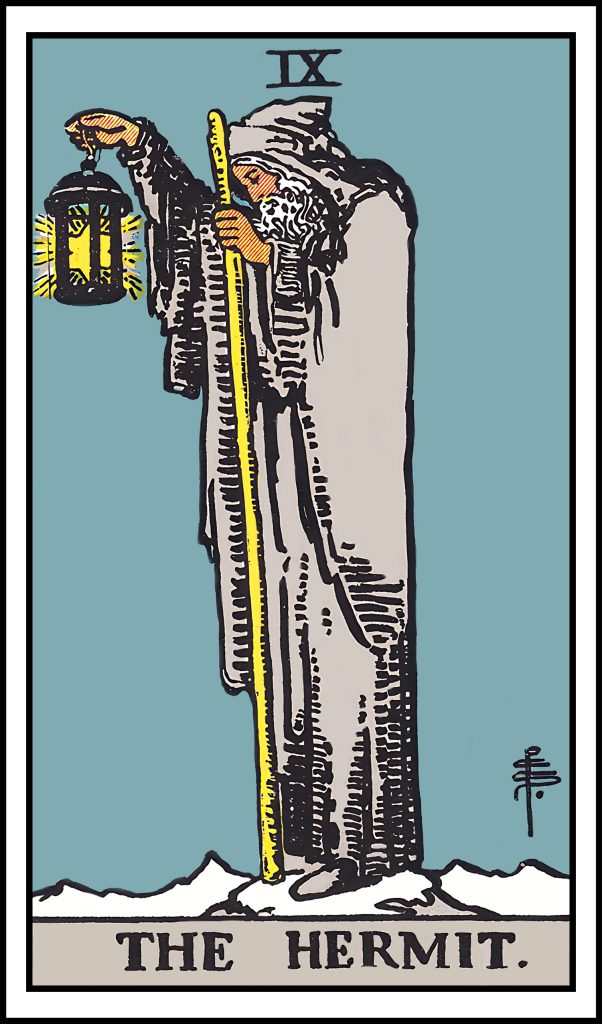
peter callison – CREATIVE DIRECTOR
A company man through and through, Peter is the longest standing member of Wolf Street and has been with the company for soon-to-be 25 years. He wears the dedication of his time spent in service as a general wears their medals, with a jutting chest and a marshal sort of pride. Due to his unquestioning devotion to the company and complete admiration of the man who started it, he believes that, without any shadow of a doubt, he is the person most aware and capable of how to steer Wolf Street to where it needs to go. It is also true that he is somewhat responsible for Wolf Street’s current predicament but that is neither here nor there and would also be ignoring the successes that he did bring to the company, no?
It is this steadfastness of belief, this stubborn rigidity, that will ultimately serve as his greatest foe. For while his roots are deep and his foundation sturdy, it is also true that the trees that can’t bend do other things instead.
In the second season, we will witness Peter be challenged by an up-and-coming artistic director hired by Robert and, subconsciously viewing Robert as a sort of father figure, he will take this hiring with all the despair of a great personal betrayal.
As a pedagogue, Peter preaches unrelenting dedication. Evangelizing the fact that every wall can be broken down provided one’s head is hard enough.

GABRIEL COLEMAN – EXECUTIVE DIRECTOR
Discovered by Robert along his traversals of the Chicago political scene, Gabriel hails from Chicago’s non-profit branch of city hall more specifically, its Department of Cultural Affairs and Special Events. Although new to his role and particular vantage point as a dance company’s executive director, Gabriel is savvy, dedicated, and patient with his approach to understanding.
While he hasn’t yet been able to fully decipher the creative personalities and mentalities that dominate Wolf Street, through the lessons of success and failure that eternally pave the way of those who lead, he is slowly coming to understand the creative ego well enough to discern which parts are rooted in valid philosophic or fundamental truth and which parts spring from immaturity, stubbornness, or wishful thinking so extreme to border on the insane.
As someone brought on to manage the domain of the purely economic, Gabriel will be largely invisible in the first season and grow in visibility as the series progresses.
As a leader, Gabriel offers a dose of reality and the knowledge that while lightning is a powerful force, one can best survive its strike by staying grounded.
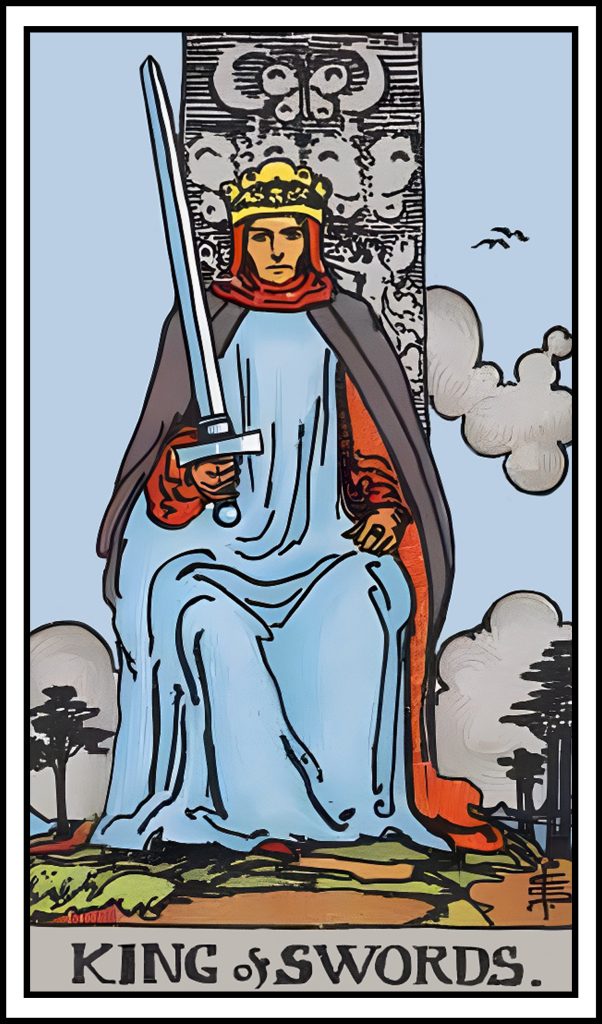
theo – senior rehearsal director
A romantic at heart, baby Theo danced before he could walk. Grateful to be pursuing a life spent immersed in what he loves, he does his best to savor every moment, living unabashedly and moving with reckless thankful abandon. While it is this same gratitude that lies at the font of his pain, subconsciously fearing that an acknowledgment of despair in any form is a spiting of all that is good, Theo has found a successful balance in the cultivation of simplicity. Desiring nothing more than to eliminate unnecessary complexities while being generally content with what he has, Theo is satisfied with his position at Wolf Street and takes pleasure in elevating the general elegance of both the pieces he stages and the dancers within them.
Using their favored mentees as proxies in their own miniature war, Theo will briefly clash with Lyra in the middle of our first season as they reconcile some fundamental differences in their beliefs of approach.
In the second season, as the struggle for succession of Wolf Street grows in intensity, Theo will become caught between a rock and a hard place as his desire for stability is challenged by the increasing pressure exerted upon him to pick a side of political power.
As a mentor, Theo highlights the value found in the act of relinquishment. There is power to be found in controlling the world, yes, but more importantly there is peace to be found within the act of allowing oneself to simply be a part of it.

lyra – resident choreographer
Unless there is an intentional need for it, Lyra tries to avoid walking. In an ideal world her life would be skipping, trudging, stalking, clomping, or any other verb imaginable. While an excellent dancer, her most fundamental talent is that of a choreographer. She sees the leylines of the world and with the human body as the brush, is only interested in the curious endeavor of trying to capture or honor its faint outlines and silhouettes.
Having led a successful choreographic career from a relatively young age, she has staged her works around the world but, if asked, she’ll credit her success to the fact that she is ultimately unsuccessful. Feeling that every piece she has ever created is not as good as it either ‘needs’ to be or could have been, in these conversations she tends to cite one of her teacher’s statements which describe a particular kind of “divine dissatisfaction” within the work of it all.
Seeing potential within her, Lyra will take a special mentorship over Sena in the first season and cast her within the pieces she is in charge of.
Lyra is also deeply claustrophobic.
As an inspiration, Lyra offers access to reflection and connection. Giving voice to the truth that the most important work one can engage in is the learning of thyself and then after, the learning of what lies beyond.

Isadora (isa)
Ancient and eternal, Isa’s strength has only waned physically and even then, not by much. If she has any say in the matter she will die on her feet and, even if she does keel over, it will only be because she has found it to be a more apt punctuation to some larger Motion within her life.
Unyielding in the way a survivalist tends to be and severe in the way a great tends to be, she is a pillar of the dance world. Including Lyra and Andrea, Isa’s tutelage is responsible for no small fraction of the ‘names’ that ring out within it. While all of those who learn from her initially fear her, sooner or later they all come to realize that, almost suddenly and all at once, their fear has somehow transformed into an equally ferocious sort of love.
Isa will stage one of her works at Wolf Street in the first season. Having been intrigued by a chance encounter with her in episode three and impressed by an audition that takes place later in the season, Isa will ultimately cast Quinn in the piece, taking her under her wing and teaching her how it is one can jump without necessarily needing to come back down.
As a force of nature, Isa instills ferocity and tranquility. That whether one moves with the wind or against it, they should be doing so with conviction, intention, and the entirety of their being.

Vanita – rehearsal director
Vanita is soon to be married and soon to be killed (at least from Wolf Street). While her outlook on dance does not extend far beyond its surface, she brings a certain kind of radiance, providing her own light of kindness and joy into any room that attempts to contain her. While her end at Wolf Street will be tragic and clinical, at the end of our first season we will see that it was for the best and that she has already Moved on to something that is both more and her.
In some ways, she is the protagonist of a completely different show.
As a lesson of metaphysics, she will demonstrate firsthand the laws of attraction. Illustrating the reality that, despite the lines of the road one is on, one can’t help but still drift off and towards the direction of their vision.

denise draper – artistic DIRECTOR
Her recruitment being the result of deliberate orchestration, a political play meant to catalyze the company along from its ragged limping, Denise’s arrival in the second season will herald change for Wolf Street. Fashionable and formidable, her taste, approach, and political backing will create friction, sparks, and ultimately fires within the company but, as we find in the pilot, sometimes burning something down can also be the best way to save it.
A modern woman of middling age, Denise lives for her family both out of the dance world and in it. She takes what she does seriously and by shepherding a small school on the east coast into a thriving hub of dance, she has long earned the right to take pride in the excellent work she continues to do. While her arrival will initially be viewed with the skepticism that naturally comes to any outsider and the concept of change at large, we will find that, in many ways, her sharp, impactful, thoughts provide a current of fresh air which succeed in stirring up the dust in corners where it has long since settled.
As a wave, she will provide perspectives centered around innovation and elasticity. She will remind us that while apprehension can seep in as our minds grapple with the uncertain enormity of the future, the heart is an engine capable of converting that too into a specific powerful kind of fuel.
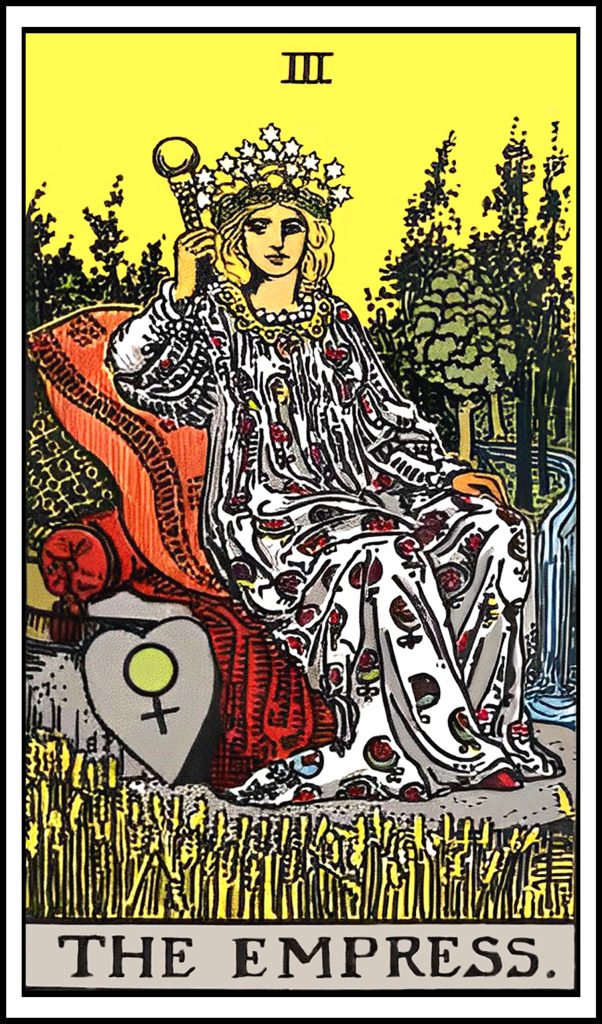
the board
In a way not entirely dissimilar to that of God, the board of Wolf Street always has its invisible hand hovering over it. As our political game comes into focus, so too will their considerable strength take on definition. One of the more outspoken members, Ken Ishikawa, will take the most active role in the succession war, ultimately conspiring to oust a particular member of political leadership.
Alongside Denise, the board will be teased and lightly encountered within the third episode of our first season but will remain largely absent otherwise.
As a fist, the Board presents the weight of power. They will force the lesson that the breadth of one’s vision is nothing without a proportionate degree of will.
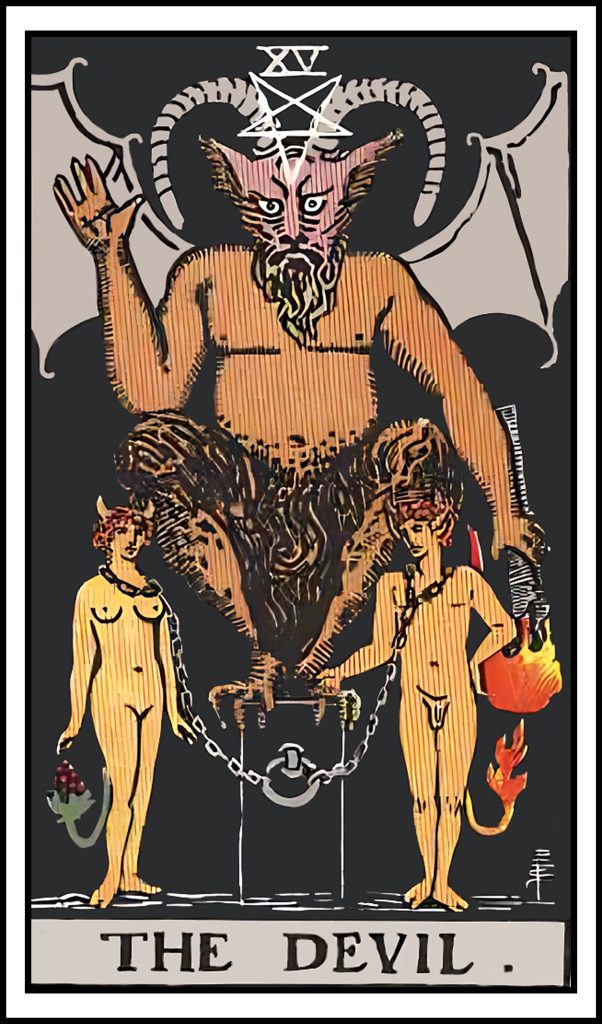
BROADER forces
While Wolf Street is an institution, it is also a living entity. It was one day born, it will one day die, and is thus subject to all of the Motion that lies between a beginning and an ending. Forced into the eternal struggle of matching its own internal rhythm to the larger external one that exists outside of itself, Wolf Street is but one single creature out of the many that exist within a larger, vibrant environment.
Teeming with a diverse array of interconnected players, in this larger ecosystem rival companies woo sought-after choreographers and their libraries, while unions and agents negotiate the terms of engagement. Politicians and donors shape coffers, musicians and photographers curate expression, while reviewers and media relay tales of triumph, failure, and power, all as the audience sits silent arbiter in the stands. Using these interactions to not just paint a world, but crucially develop those within it, Wolf Street will help shape this tapestry and so too will this tapestry come to shape Motion throughout the entirety of our series.
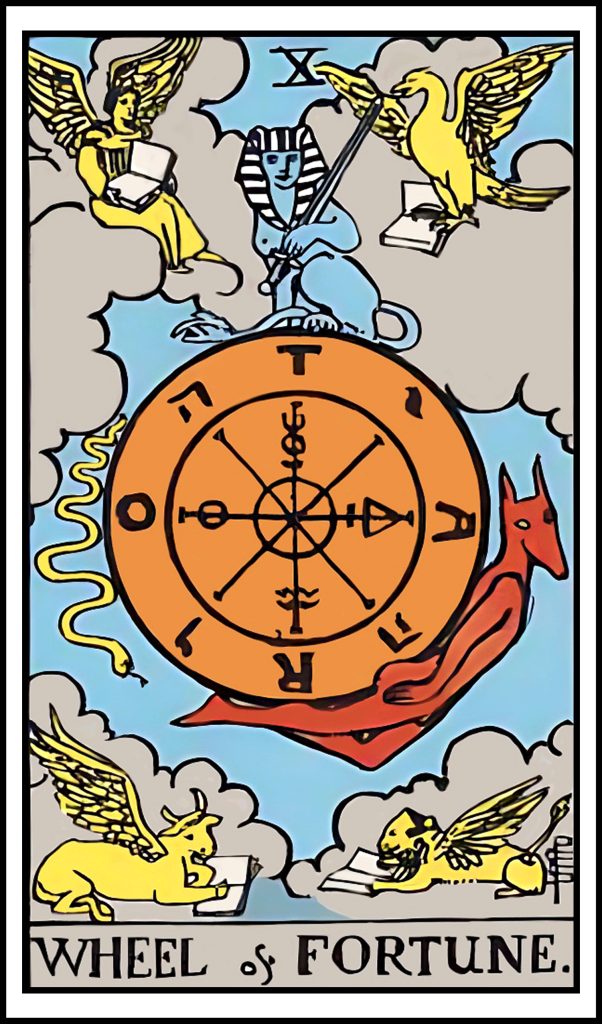
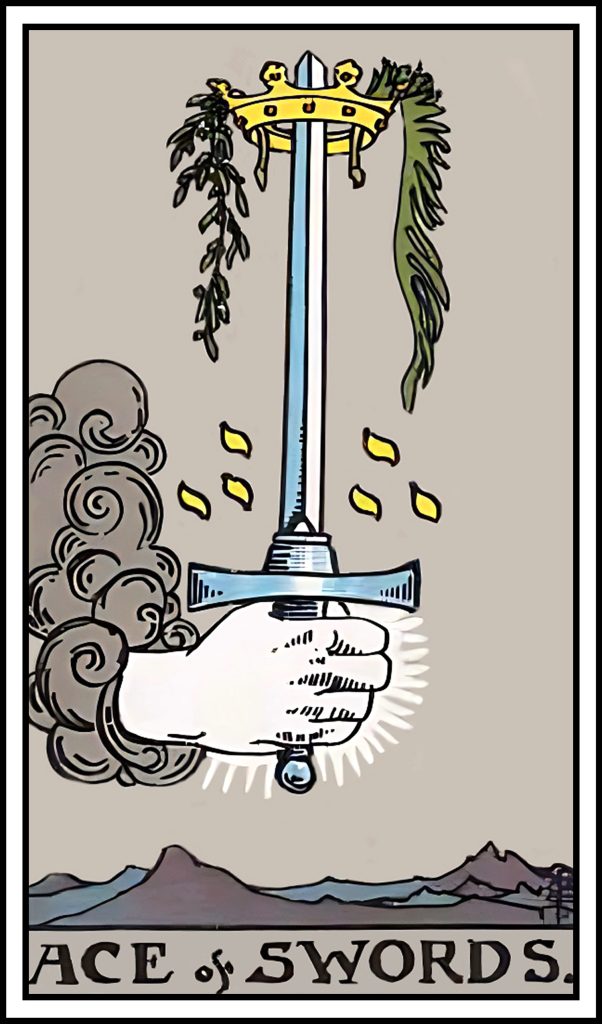
THE GIVERS
The ones who set the stage. Through Wolf Street’s surrounding infrastructure will we cultivate an imperative appreciation for those whose support is oftentimes overlooked.
Visibility is not a metric that defines importance, in fact, it might very well be the opposite.
DOC BRIGHID – Physical therapist
Wolf Street’s thrice-a-week physical therapist, Doc Brighid harbors a certain ambivalence with professional dance and its relationship on the human body. On one hand, she is captivated by the sheer latitude, elasticity, and elegance demanded by it as an art but, having borne witness to one too many tragedies over the course of her decades in the profession, she has slowly come to be somewhat horrified by the sport of it all. Despite this complexity, her reason for staying in the field has not changed since the day she first entered it and she continues on, caring for her patients to the best of her ability, sharing in their heartbreaks and joys all the while.
While Brighid is deeply attuned to the mechanical nature of the dancer’s mortal coil, she has also come to better understand the significance of that which is beyond that of flesh and bone. Although her training isn’t in sports psychology she is smart, experienced, attentive, curious, and empathetic and so it is common that, as she stretches out the various muscle groups of a member of the corps, she will engage them in conversation as well, trying to support, push, and even challenge the important parts of them that can’t be seen.
In our first season, Doc Brighid will largely function as a means of reflection for our relevant Movers.
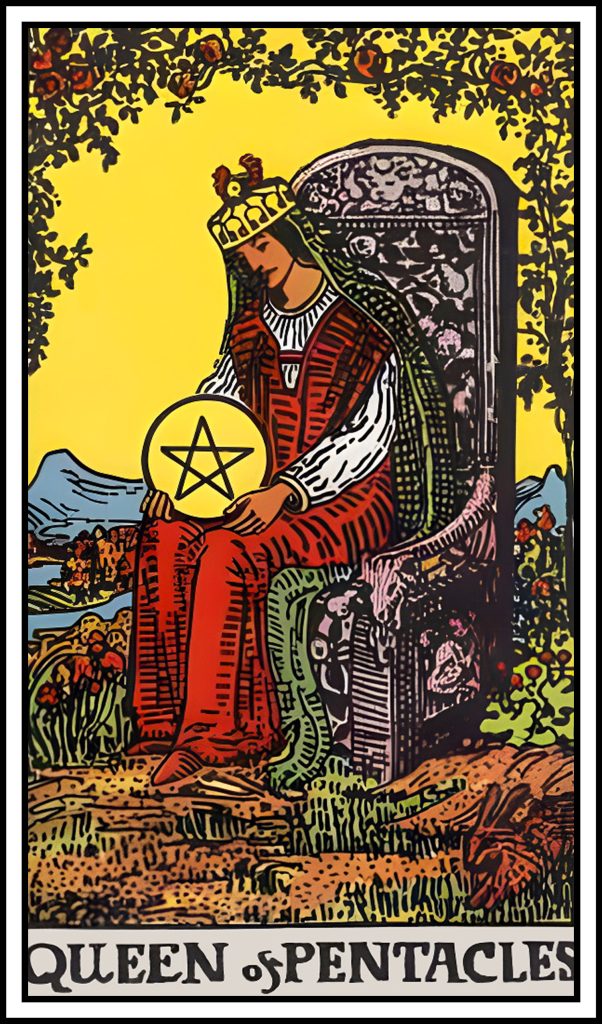
DOC BRIGHID – Physical therapist
Wolf Street’s thrice-a-week physical therapist, Doc Brighid harbors a certain ambivalence with professional dance and its relationship on the human body. On one hand, she is captivated by the sheer latitude, elasticity, and elegance demanded by it as an art but, having borne witness to one too many tragedies over the course of her decades in the profession, she has slowly come to be somewhat horrified by the sport of it all. Despite this complexity, her reason for staying in the field has not changed since the day she first entered it and she continues on, caring for her patients to the best of her ability, sharing in their heartbreaks and joys all the while.
While Brighid is deeply attuned to the mechanical nature of the dancer’s mortal coil, she has also come to better understand the significance of that which is beyond that of flesh and bone. Although her training isn’t in sports psychology she is smart, experienced, attentive, curious, and empathetic and so it is common that, as she stretches out the various muscle groups of a member of the corps, she will engage them in conversation as well, trying to support, push, and even challenge the important parts of them that can’t be seen.
In our first season, Doc Brighid will largely function as a means of reflection for our relevant Movers.

Brian – director of production
A kind of topiary bush worn on the lower half of one’s face, the beard is a curious thing. It is a reflection of not only the natural wilderness found within the wielders very spirit but, when groomed, it becomes a kind of testament to one’s ability to control that very same thing. In a sense, it is a divine homage to not just the chaos from which humans descend from but the order to which Humans strive to ascend to. In another, actually applicable sense, Brian’s beard is significant, meticulous, and an ultimately fitting look for him as the director of production for Wolf Street.
Pulled in a hundred different directions at any given moment, Brian is constantly putting out the tiny million fires that are always found burning within an upcoming production. While he is able to find a certain contentment with the physical nature of his work, the sometimes overwhelming demands of his position leave him occasionally yearning for the more simple days spent focused solely on lighting.
When one ponders the stress that he must constantly endure, especially as a season’s opening begins to crest upon the horizon, it is not hard to imagine why he might also be bald.
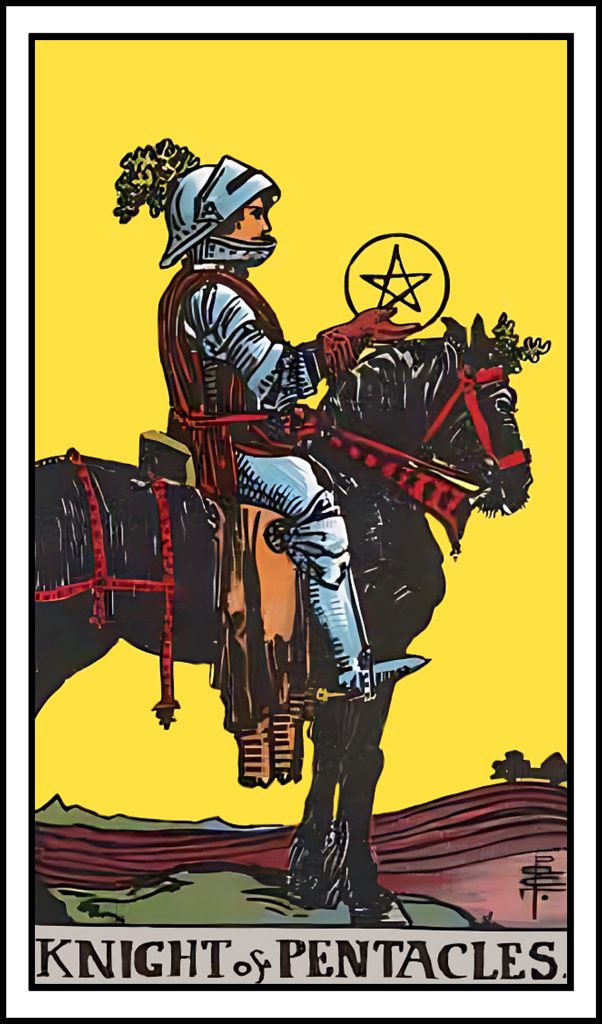
ELIZA – STAGE MANAGER and head of props
A competent, enthusiastic, and generally kind person, you wouldn’t think Eliza to be the product of great tragedy but that is nevertheless the case. Doomed since birth, she stood no chance at being anything other than who she was destined to be: someone with emotional intelligence, healthy, satisfying relationships, and an all-around well-adjusted state of being. But do not blame her. It is not her fault. You too could have just as easily been the one born into the kind of family that wears matching sweaters during the holidays.
Yet, despite her unfortunate circumstances, somehow, she continues on.
A lifelong resident of the greater Chicago area and exposed to a production of Cats at too young of an age, Eliza is thankful to work at her most local place of worship, the theater. While dance isn’t necessarily her first love, she appreciates Wolf Street and admires the boldness of the dancers within, paying special attention to their interactions and conversations. It is when she is alone at home, in front of the mirror with the door closed firmly behind her, that she attempts to re-enact what she has seen. Her story is one of hope as, even someone such as her, still realizes they would like to perhaps set slightly better boundaries with their parents.
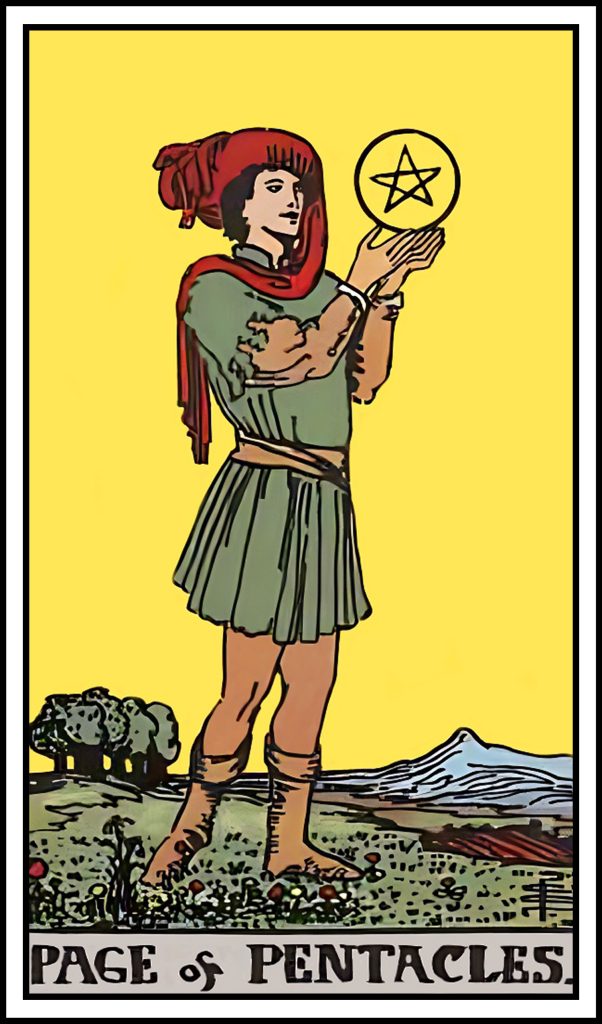
penelope (pen) – head of WARDROBE
Pen looked down one day in her twenties and although she was holding a guitar pick, she realized that her hand still felt strangely empty. Afterwards, she embarked on a decade of wandering, an aimless era spent picking things up and, dissatisfied by the heft of each object, putting them back down. It was only after she sewed a patch into her favorite jean jacket that she looked down one last time and realized that it was the needle, as minuscule as it was, whose weight seemed to finally satisfy her.
Now that she has found what to hold on to, she refuses to let it go. Calm, cool, collected and equipped with the worldly knowledge gleaned from a life spent wandering, Pen approaches her work as a true professional. Hailing from punk roots, she never thought she’d find herself working for anything even remotely related to ballet but, after a number of years spent with the company, she has come to appreciate the passion and energy of those she works with (although she maintains that many of them are really still “just kids” and all of them are still really only “divas.”)
At times she has been known to use certain members of the corps as models to model the designs of her personal passion projects. And while she would never willingly admit it, if she were perhaps, say, subpoenaed, she might confess to the fact that she made these outfits for that particular person because she might even like them and appreciate their company. Otherwise, she hides that knowledge deep within herself but in a place that does seem to be curiously accessible by malort and other hard liquors.
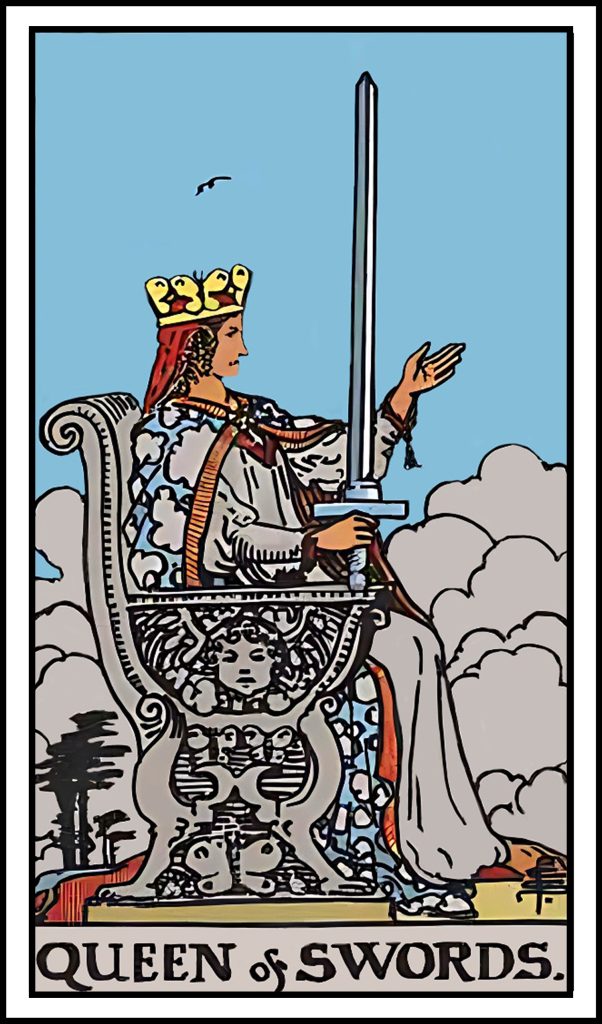
Paul and casey – HEAD electrician and head carpenter (respectively)
With one holding wire and the other wood, Paul and Casey are united not just by their complementary natures as physical craftsmen, but also by their shared southern roots. Although Casey has only started somewhat recently, the two seemed to click almost immediately and with the relief that, finally, at least there is one person at work they can talk about sports with. At least the kinds that have points and balls and such.
On the weekends, when it seems that no one else is there, the muffled sounds of music have been known to leak out from behind the closed doors of the production workshop and spill quietly into the halls. If one were to put their ears up to this door, there is a chance they would then be able to hear the muffled sounds of a pair of earnest, clumsy feet trying to move in rhythm.
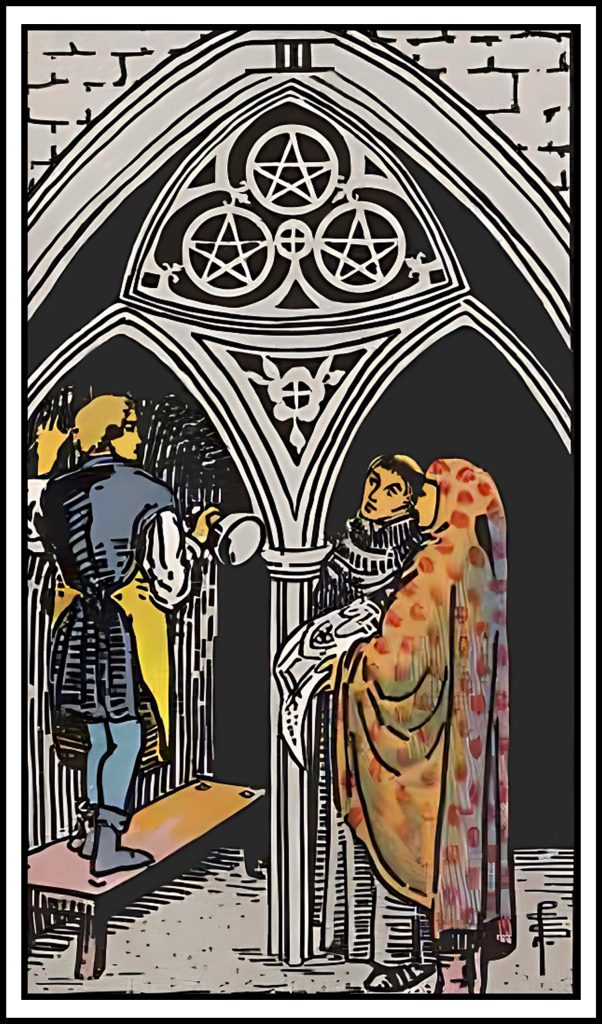
Grechen – DIRECTOR OF DEVELOPMENT
Having initially begun her career of rainmaking in the world of academia, when Grechen first joined Wolf Street as an associate, she had trouble in espousing the values of dance and culture to the various donors and contacts she would sit with. It was through no lack of hard work and dedication that she eventually came to internalize the epiphany that what sells isn’t necessarily the steak, but the sizzle. It was only a few years after that she was appointed to director of development.
A businesswoman and a good one at that, Grechen believes in Wolf Street just enough to give her pitches life. She takes pleasure in the performance, pride in the close and is constantly exploring new ways to sell the story of the company and those within it.
As the politics come into focus in later seasons, Grechen will function as a sort of weather vane, reflecting the larger sentiments that swirl around Wolf Street through the aspect of funding. But, whether it is the wind or something else entirely, her readings seem to be prone to skewing in some directions more than others. Curiously enough, these directions seem to coincidentally align with the outcomes that best suit her interests. I guess life’s just funny like that, huh.
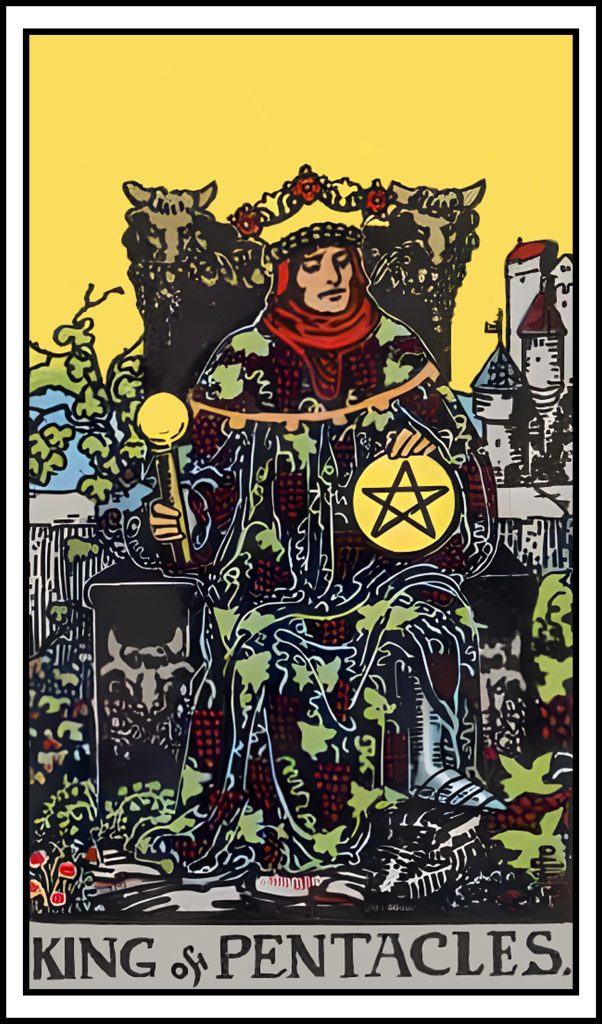
claudia – associate manager, marketing and communications
Set to join in the third season, Claudia is a child of the 21st century. Born to the internet and raised by the algorithm, her hiring is yet another push to usher Wolf Street into the digital age. As Claudia first joins, she will experience the natural disillusionment of adulthood as she realizes that behind its Oz is really just some guy with too many spreadsheets. As she balances vendor relationships, production calendars, and the other tedious minutiae of her role, she will struggle to find her own satisfaction and success with her personal passion of bold, experimental digital strategies.
As our characters inevitably grow outwards and start brushing up against the ceiling and walls of Wolf Street, Claudia will illuminate the aspect of social media and provide yet another avenue into the larger world that exists outside of the company. Whether it be through number of likes or general influence, we will eventually discover the very real crown that exists within the intangible, digital game.
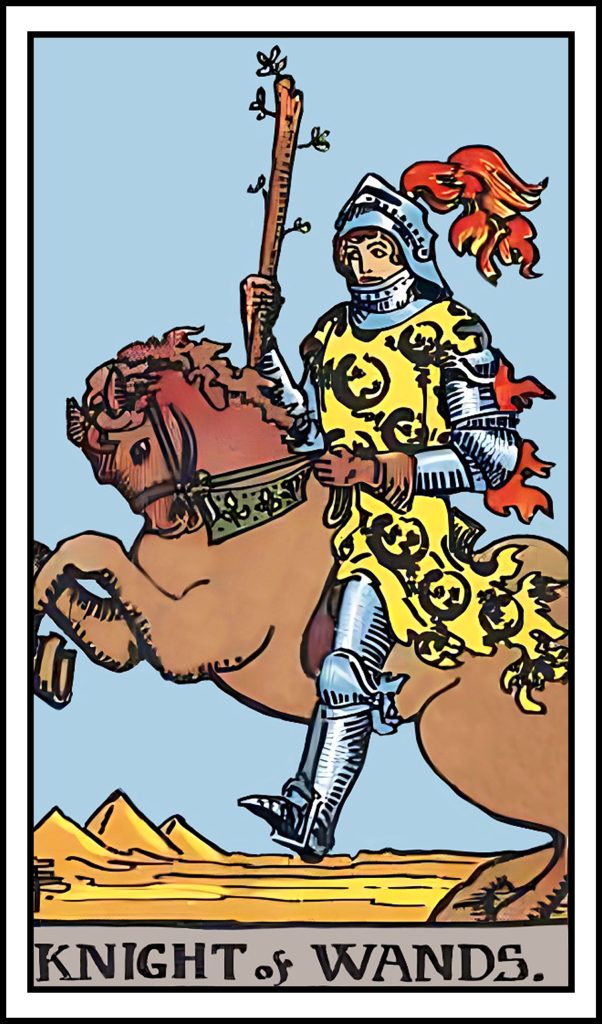
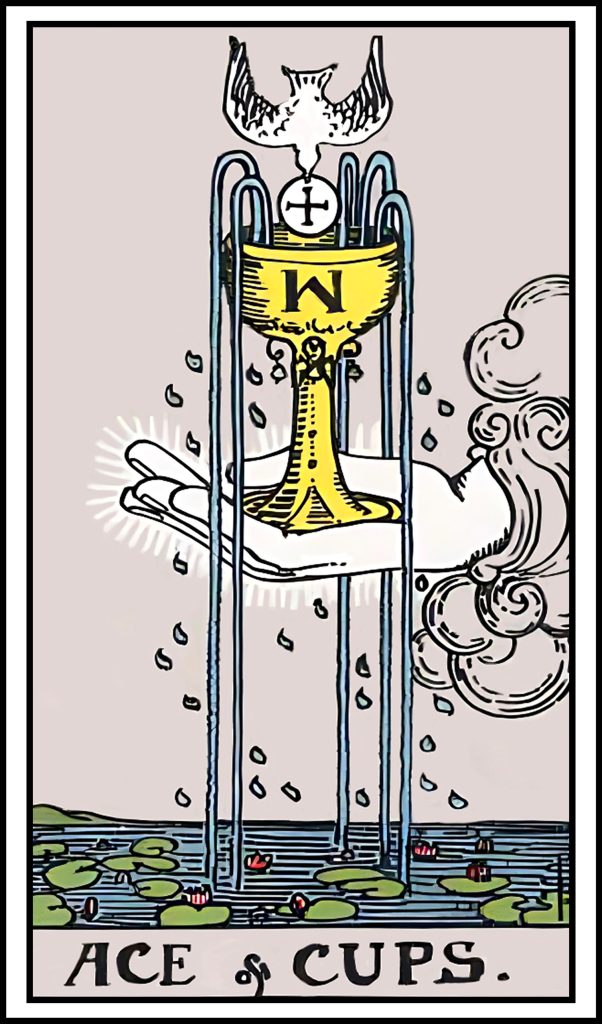
THE TAKERS
The ones who seek love. Through those outside of Wolf Street will we interrogate purpose, human connection, the presence of the past, and a more familiar kind of love.
There is a difference between dancing like nobody is watching and dancing like you’re alone.
Sungmin “sunny” Paek
Sena’s older brother. Dead by suicide.
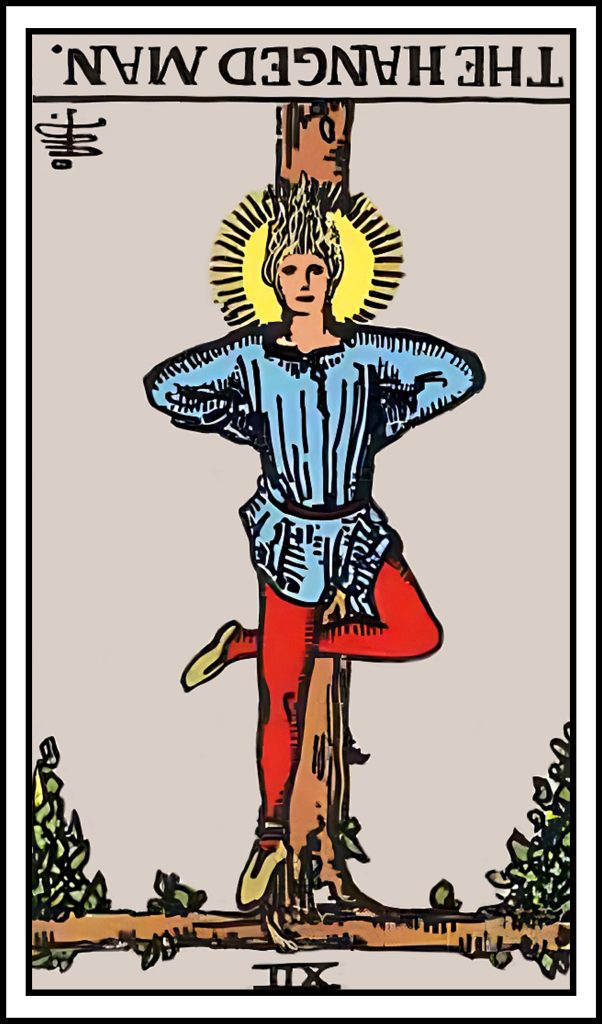
Sungmin “sunny” Paek
Sena’s older brother. Dead by suicide.

hye-ja paek
When one thinks of the psychological archetypes that best embody the concept of strength, it is no surprise that one of the traits greatest exemplars is that of the Mother. For reasons of both great fear and great love, the Mother is often the one compelled to carry not just the weight of their own world but rather the weight of the Family’s. It is no great mystery who Sena inherited her Atlas complex from.
But Hye-ja is no Atlas, no Mother, no archetype. She is just a person and like any person, her strength, as great as it may be, has limits. It is from her son’s death where she encounters hers. Crushed under the weight of it all, as every single thing simply becomes too much to bear, the damage done is absolute and complete. It extends all the way down into herself, shattering some of the most primal foundations that manage to prop a person up against that imperceptible and unbearable lightness of being.
As Max’s passing is still somewhat recent, the dust of this collapse is still settling within herself but in its haze a form is starting to take shape. Faint, staticky, and seeming to be defined by its own emptiness, its silhouette terrifies Hye-ja. Constantly around her but always just out of her own sight. As she is forced to continue going through the mundane Motions of life, she can’t help but think that it lies in wait and just around the corner.
Raised to be self-contained and bare suffering in silence, she does a relatively good job at maintaining the illusion of being ‘fine’ but here and there, something slips out, an odd word or gesture that raises eyebrows and instills worry in those around her. Despite Sena’s insistence, she will not seek psychological help and so, resigned by the love a child can only have for their parent, Sena simply does her best to shoulder this too.
There will be hope to her story but no clear and singular resolution, no tear-filled confrontation that solves all of these issues. It is a life contending with death and everyone’s answer to it can only ever be their own.

Sang-wook paek
Sang-Wook is a smart man. He can tell you how it is that a thing functions, he can describe how the heart is the organ responsible for bringing oxygen to the tissue and carries metabolic waste to the lungs but he is not yet a wise man. He could not tell you how that same heart breaks. What a ridiculous thought he would seethe quietly to himself. How can a heart break? Do you mean a heart attack? Arrhythmia? A heart does not break, it ceases to function.
As we all are, he was shaped by all that came before him, with his own father instilling in him what was defined to be strength, determination, and an unyielding resolve. And, as he loves his father, he refuses to understand the ways in which these same lessons could possibly hurt him. The ways in which they also came to shape his weaknesses – rigidity, inflexibility, an unforgiving temperament.
Sang-Wook’s struggle is one of perpetual confusion as he is confronted by the small inefficiencies of the world. He fumes at the driver ahead of him as their their right turn signal blinks through three separate stoplights. He stews at the grocery store clerk who can’t seem to find the code for yams. He simmers at his wife as she asks him to look through the blinds and see if that plumbing van is still there from this morning. It is when he is alone that he finally erupts, at himself for failing to understand how it is that his own son could have done something so stupid.
And while he doesn’t understand why it is that Sena could pursue such an unstable, unwise career, as he sees the look on her face as she moves in a space that seems to be both here and elsewhere, his war against the world ceases and he can’t help but wonder if he will fall apart in its silence.
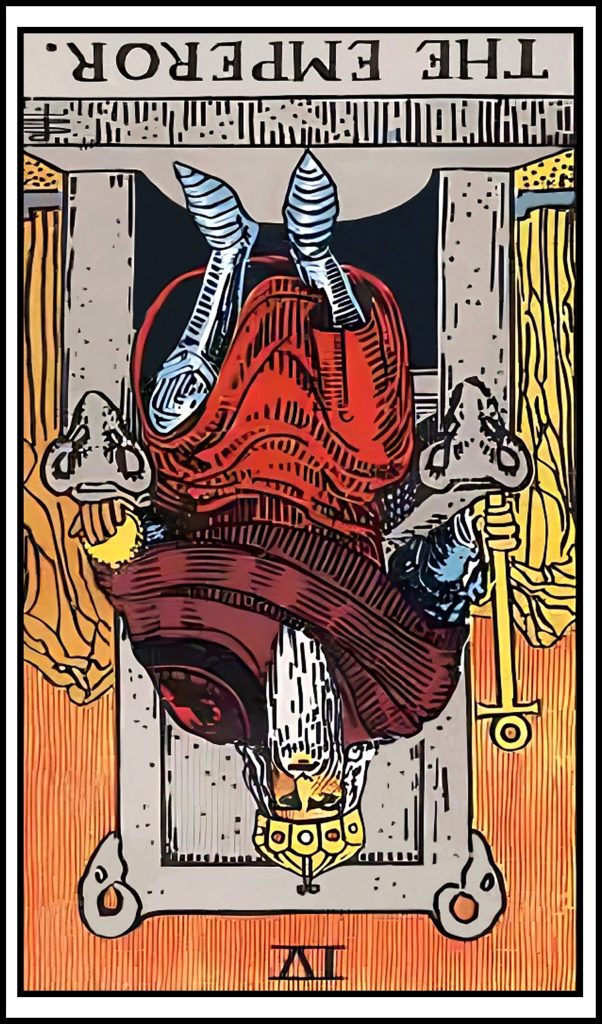
CONOR MARTIN
Whether it is the grand banquet halls of a wedding or the confines of a cramped apartment, it is ten minutes after Conor enters a room full of people that all within begin to feel a quiet change. The laugh of a neighbor, once thought obnoxious and shrill, takes on a certain champagne falsetto charm. Cups adopt a satisfying heft and their contents, whether filled with water or wine, seem smoother than before and able to quench something more than just mere thirst. Stilted observations about the weather and its effect on the traffic adopt the lilt of captivating epics as man struggles against nature and those who hear in it delight and spin the threads of their own everyday heroics. Somehow, while the lighting has stayed the same, everything becomes clearer and everyone remembers that there was only ever more reason to love the stranger than fear them.
It is after the first hour of his time spent in the room, as he notices the window for the first time, that he feels a familiar, pressing urge to leave. For while Conor is a man of presence, curiosity and a radiant kind of softness, he is a man who seeks more than what can be found in any room. As he steps outside to heed the siren’s call that has haunted him all his life, he does so with a melancholy ache and a desperate need to be embraced by something he can never seem to feel.
From a Catholic working class family this feeling has lead him across all of his adult life, through marriage, the birth of a child, the sale of a business, and eventually, through a divorce. He has the feeling he found it once as a child but seems to have forgotten where and, with the freedom of his retirement, he walks the remote corridors of the world hoping to remember where. He looks in the stars above the Danakil desert or in the rituals of the Mentawai and finds pieces but never wholes. He knows he will likely never find it again but even still he cannot help but look.
Despite his general but genuine compassion of the world and those who populate it, with his daughter, his acceptance and understanding is marred by the complexities that naturally come with the relationship of a parent and a child. While he loves Quinn and only wants what’s best for her, he sees his own melancholy ache within her and can’t help but feel a tinge of guilt at the inheritance he didn’t mean to bestow.
While we will witness the occasional final words of a phone call with Quinn, we will not introduce Conor, who is on the other end until the fourth season.
